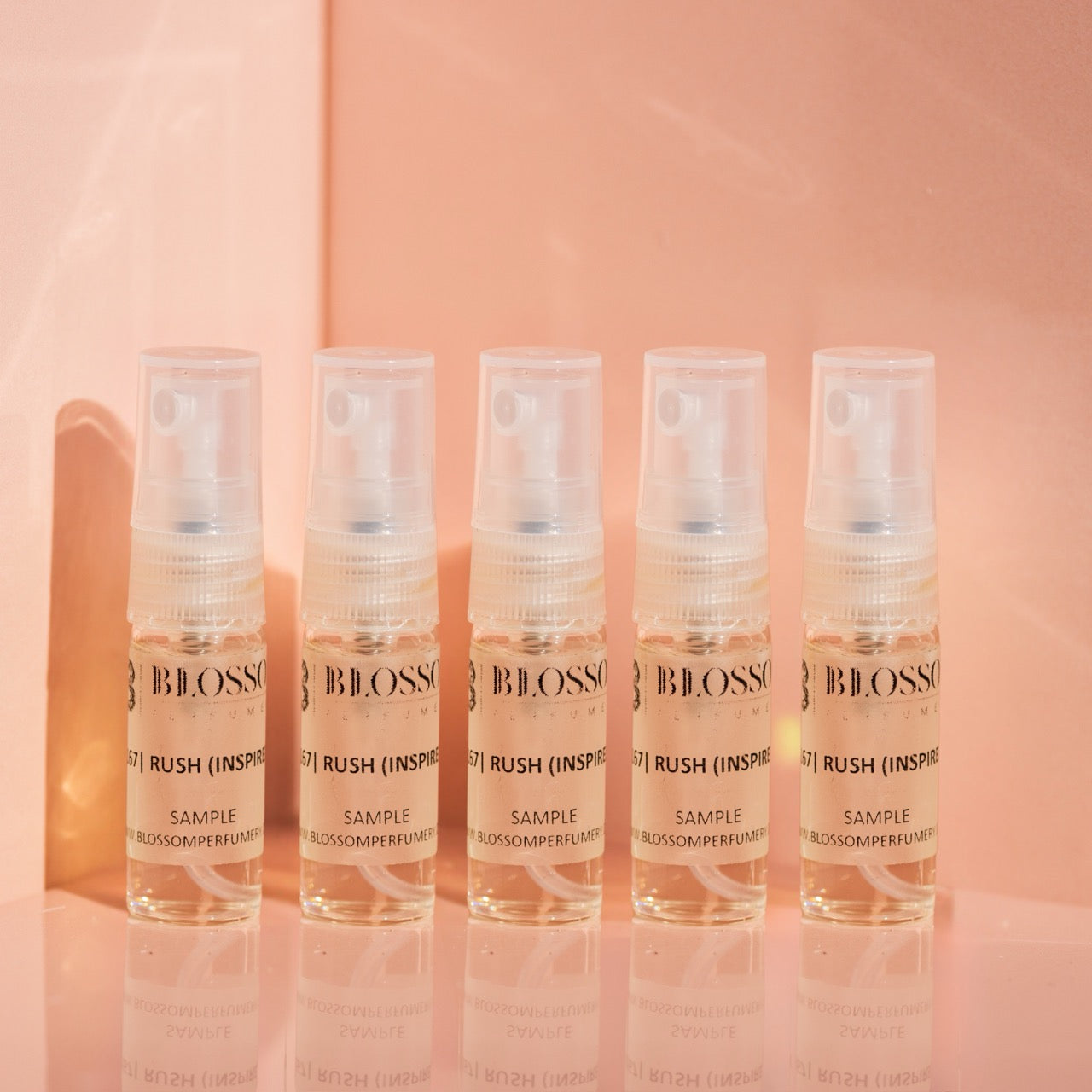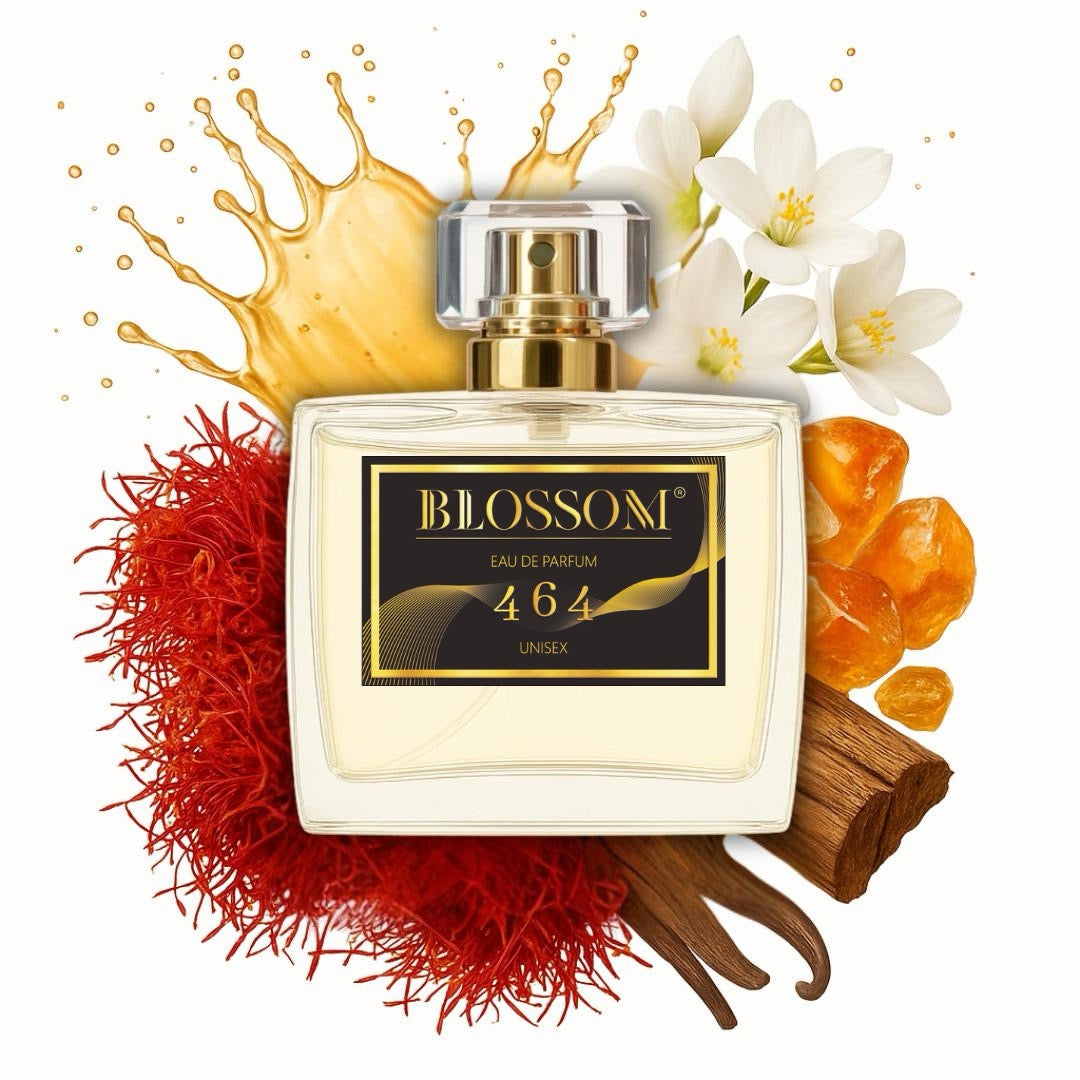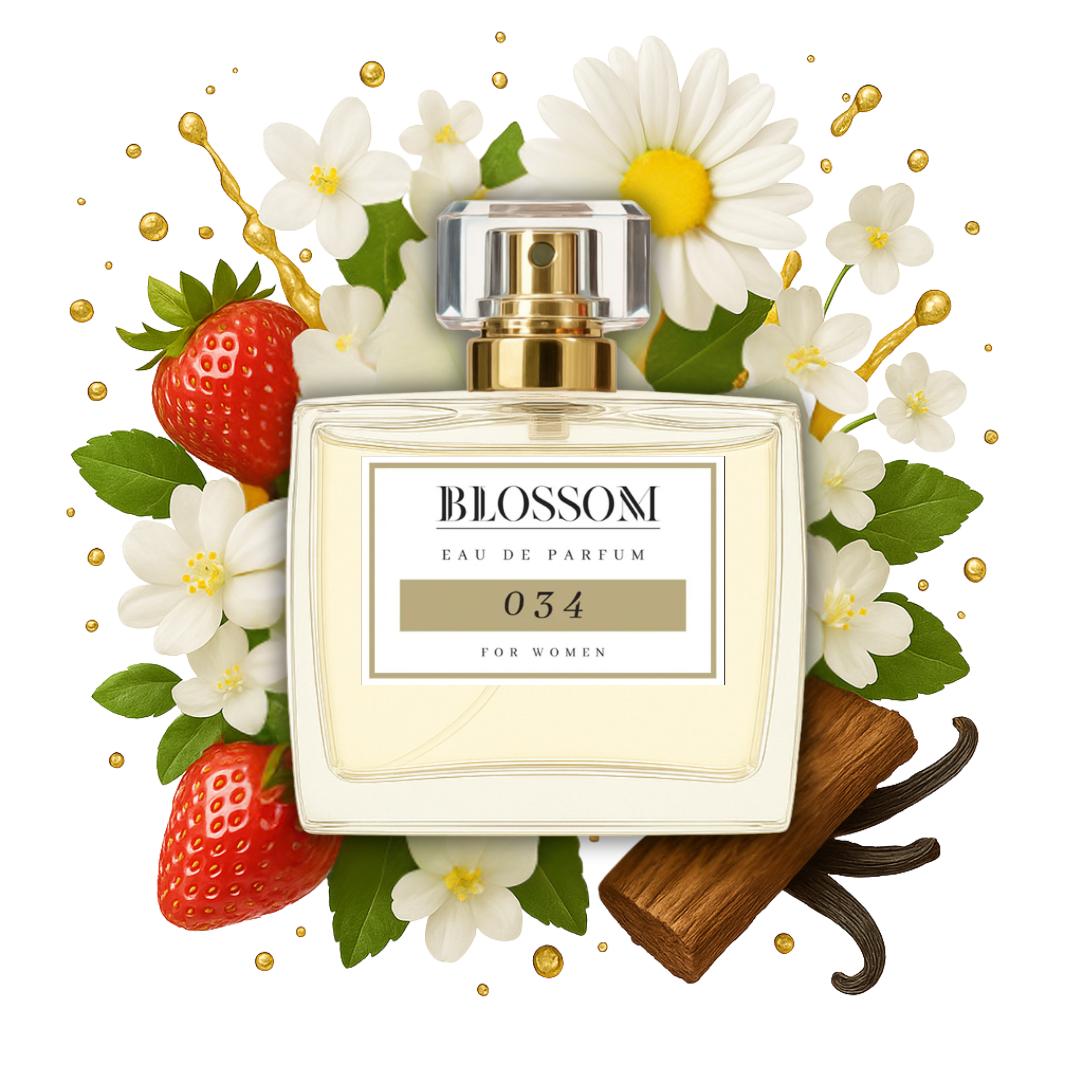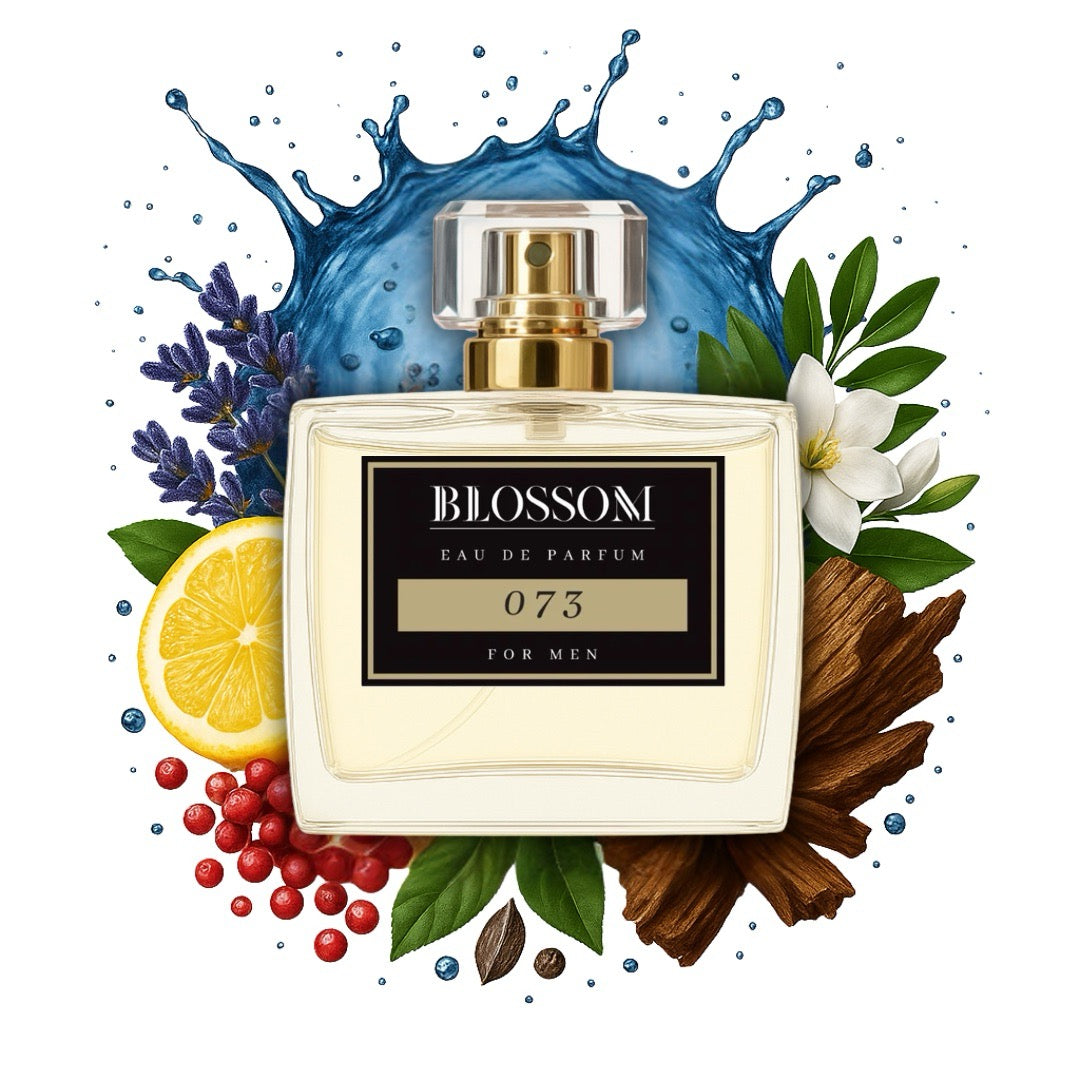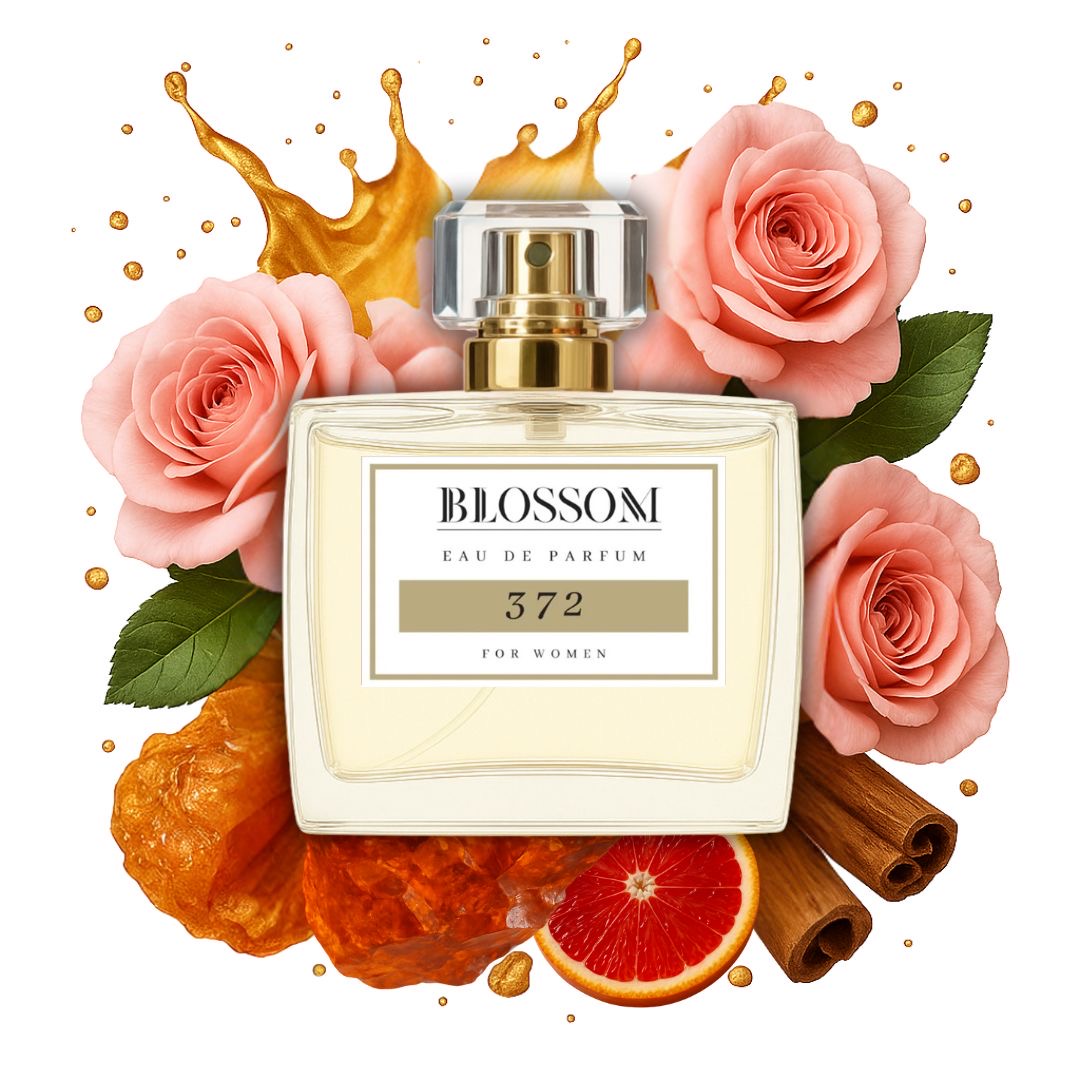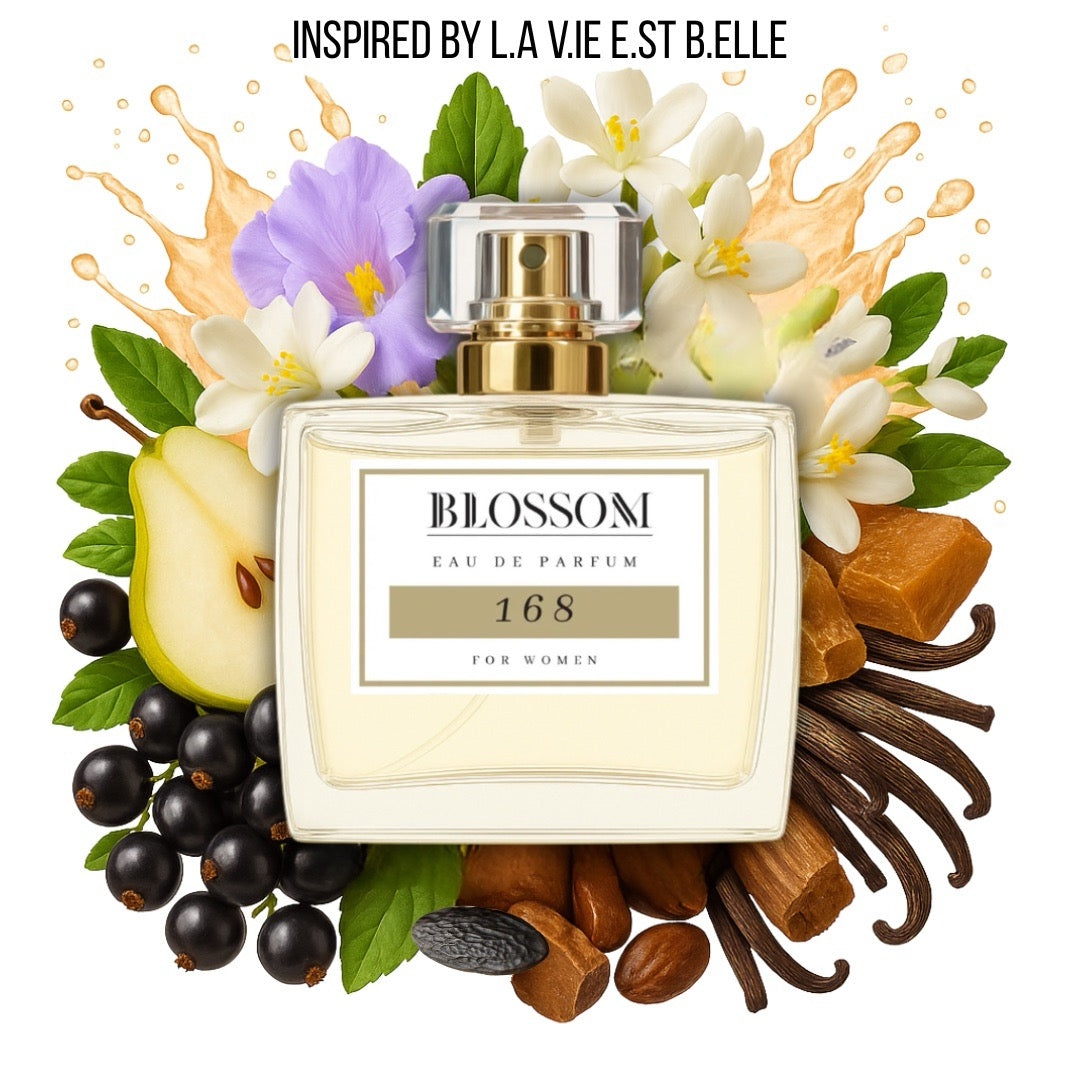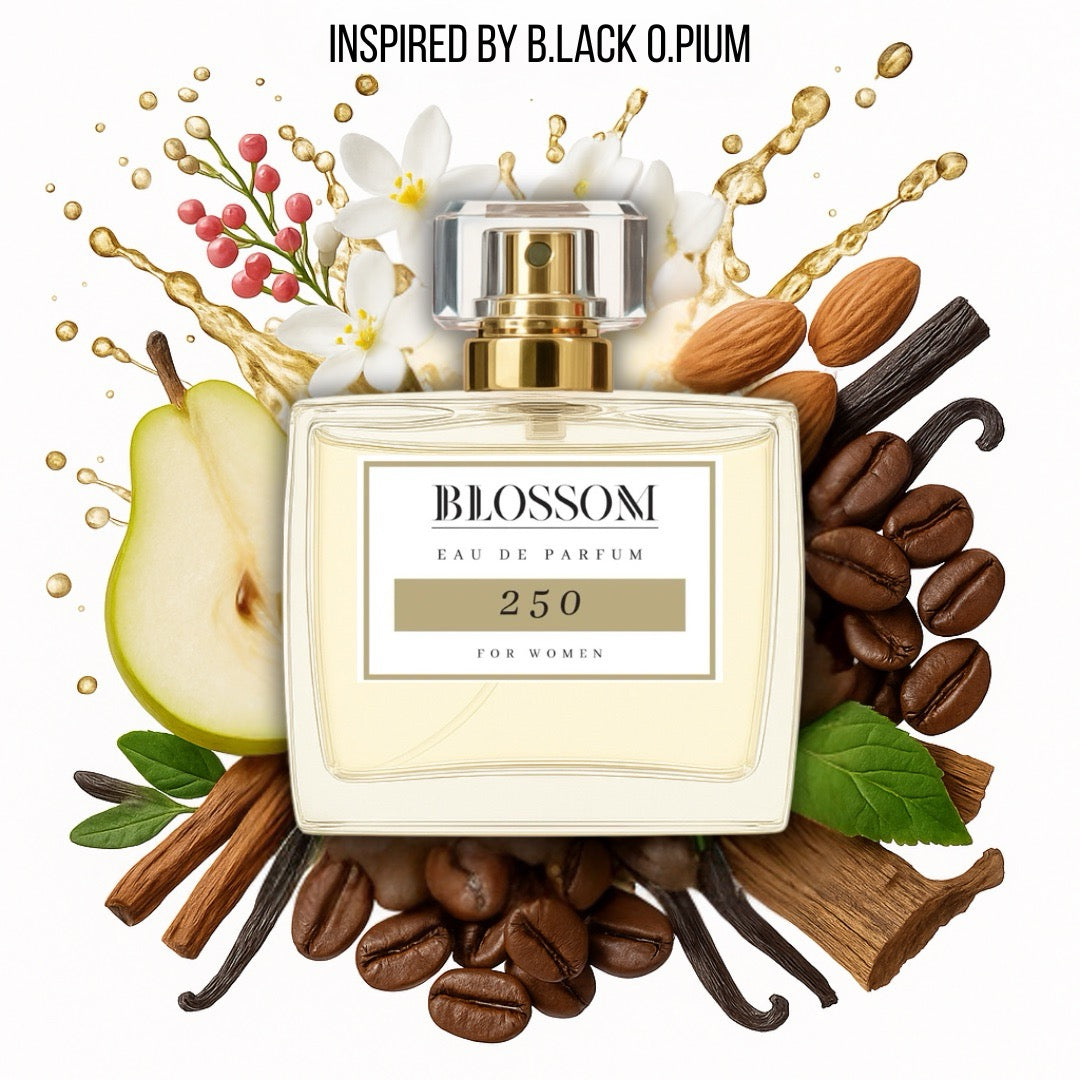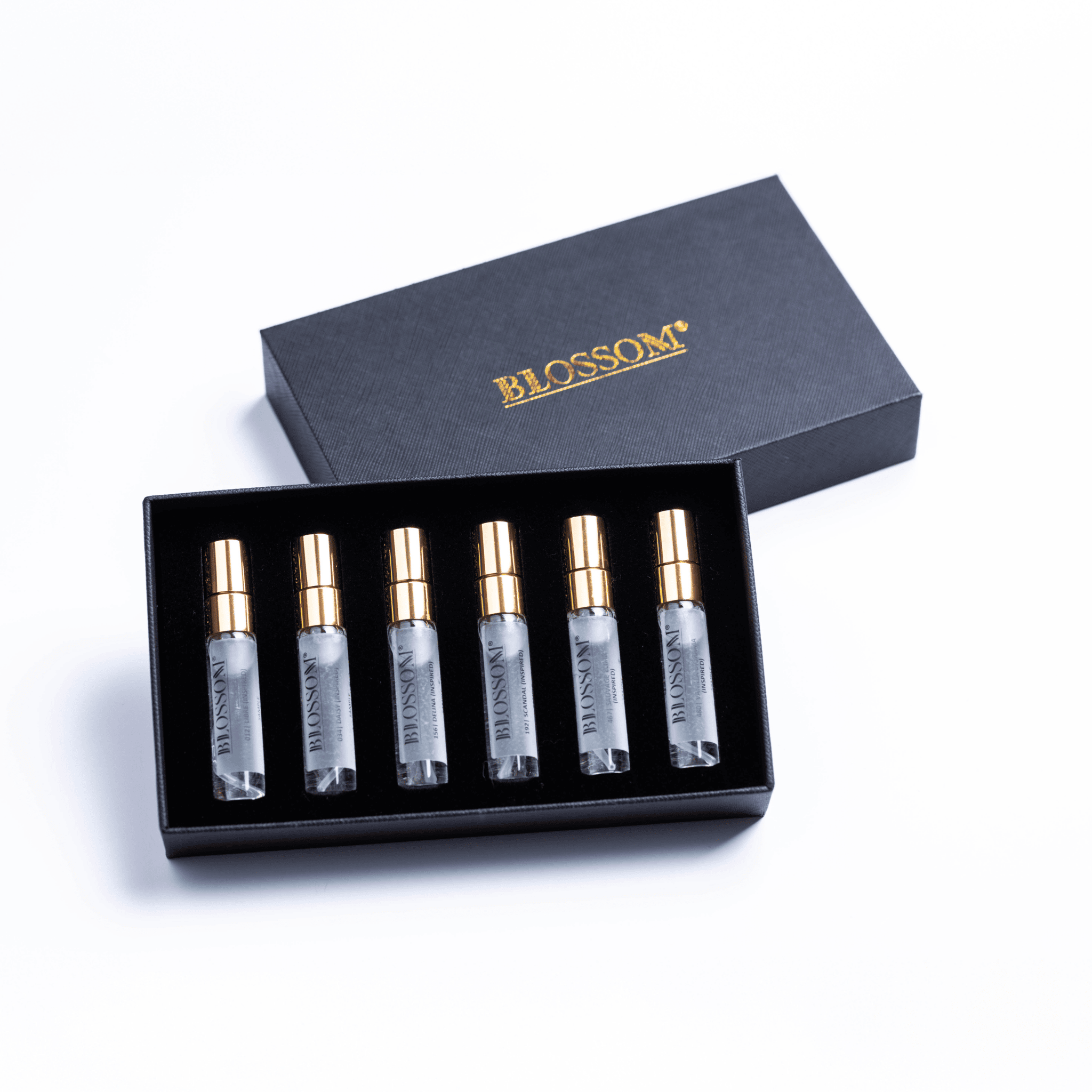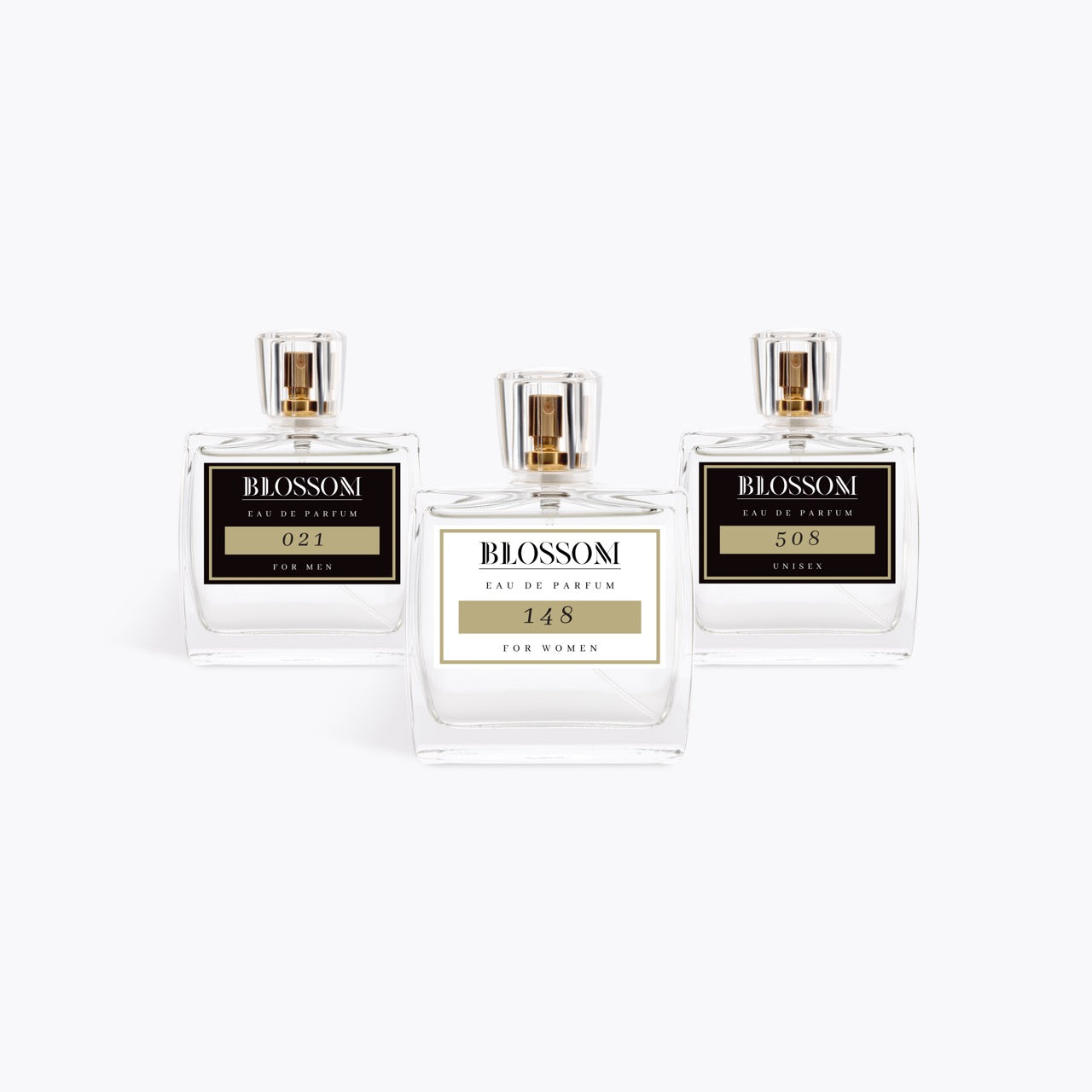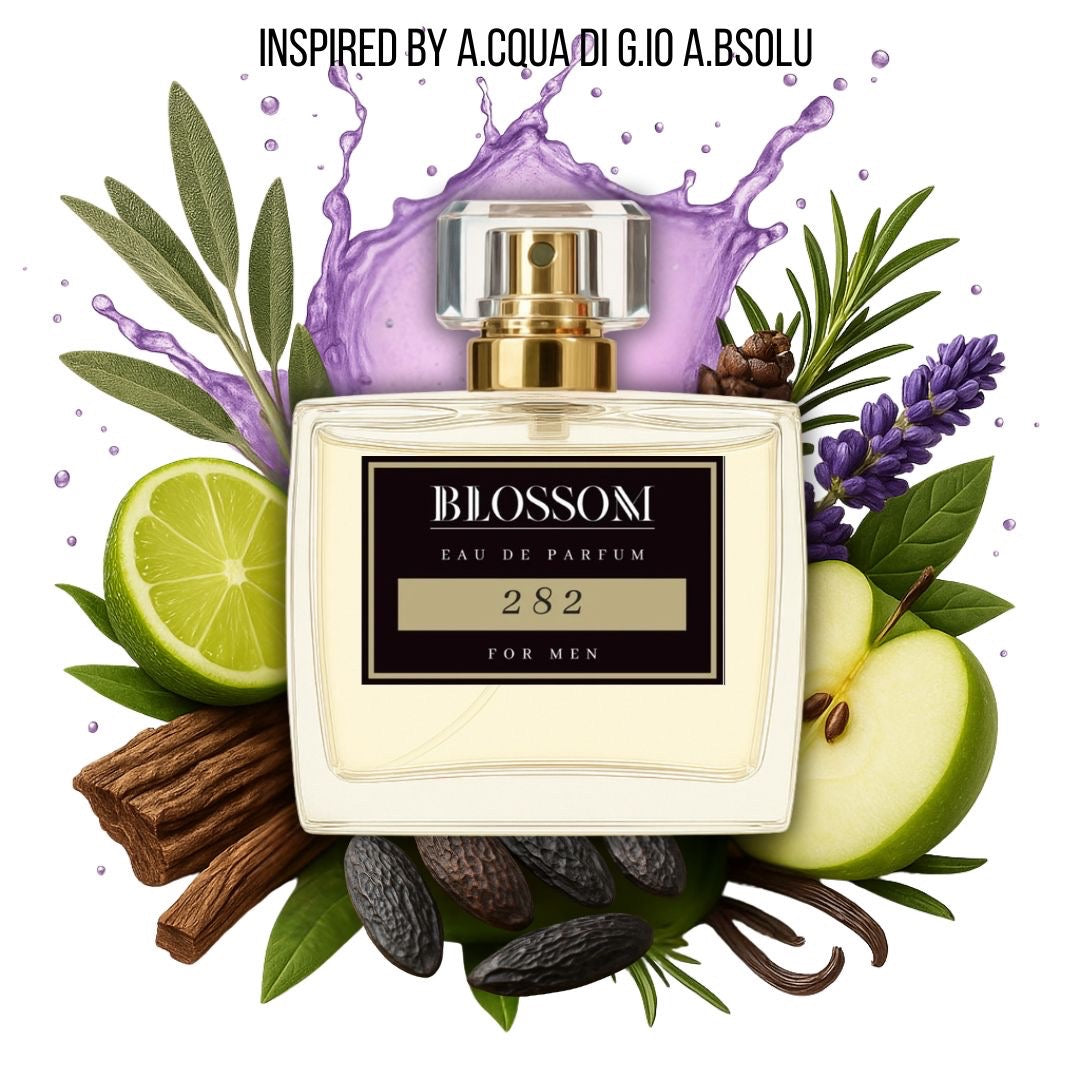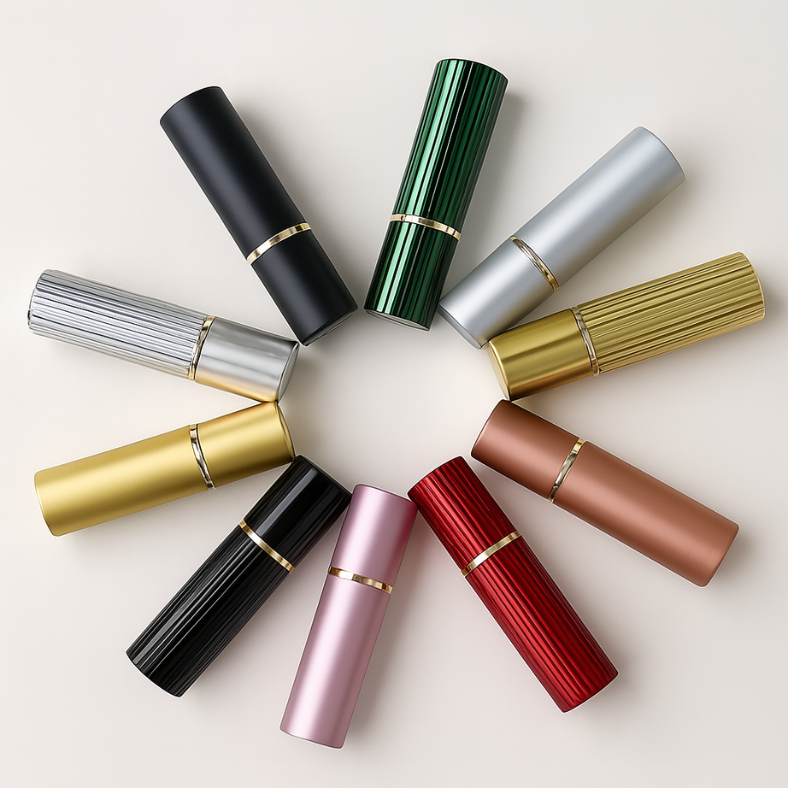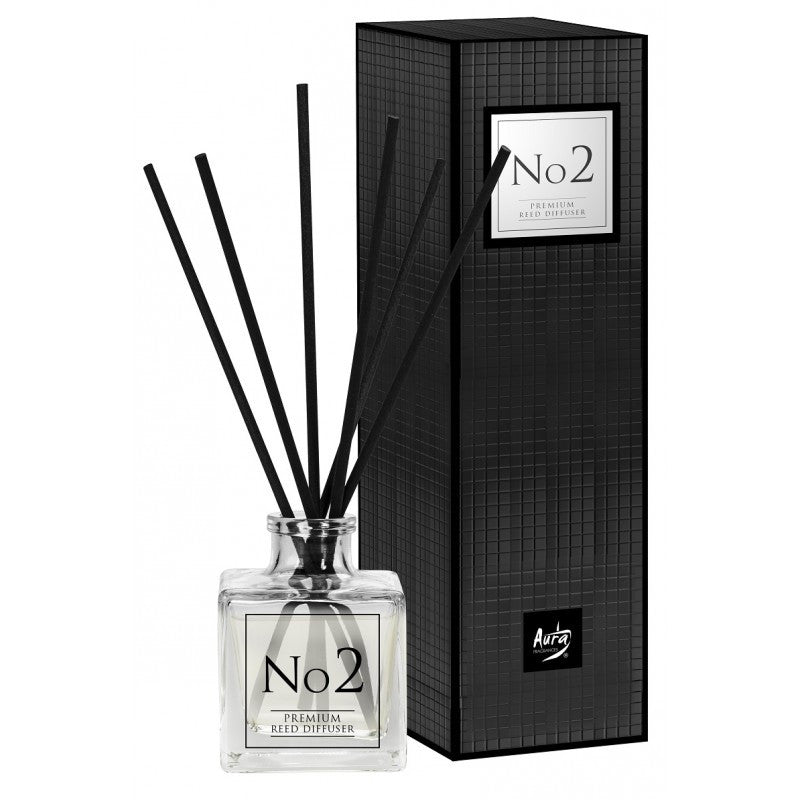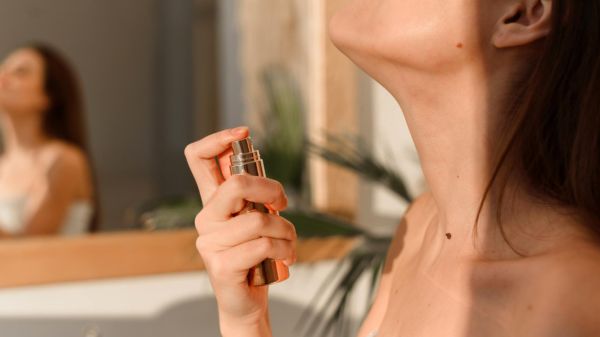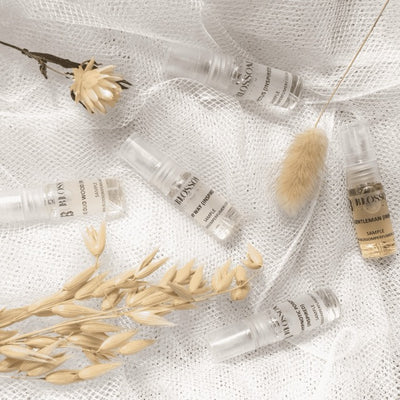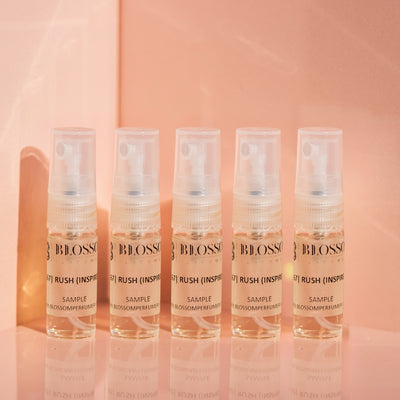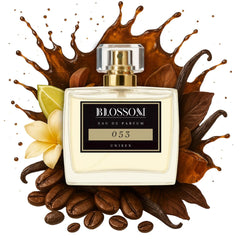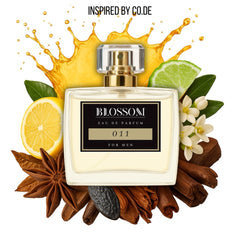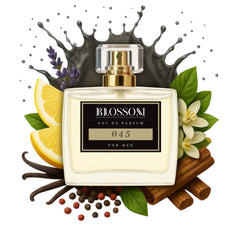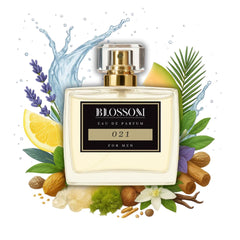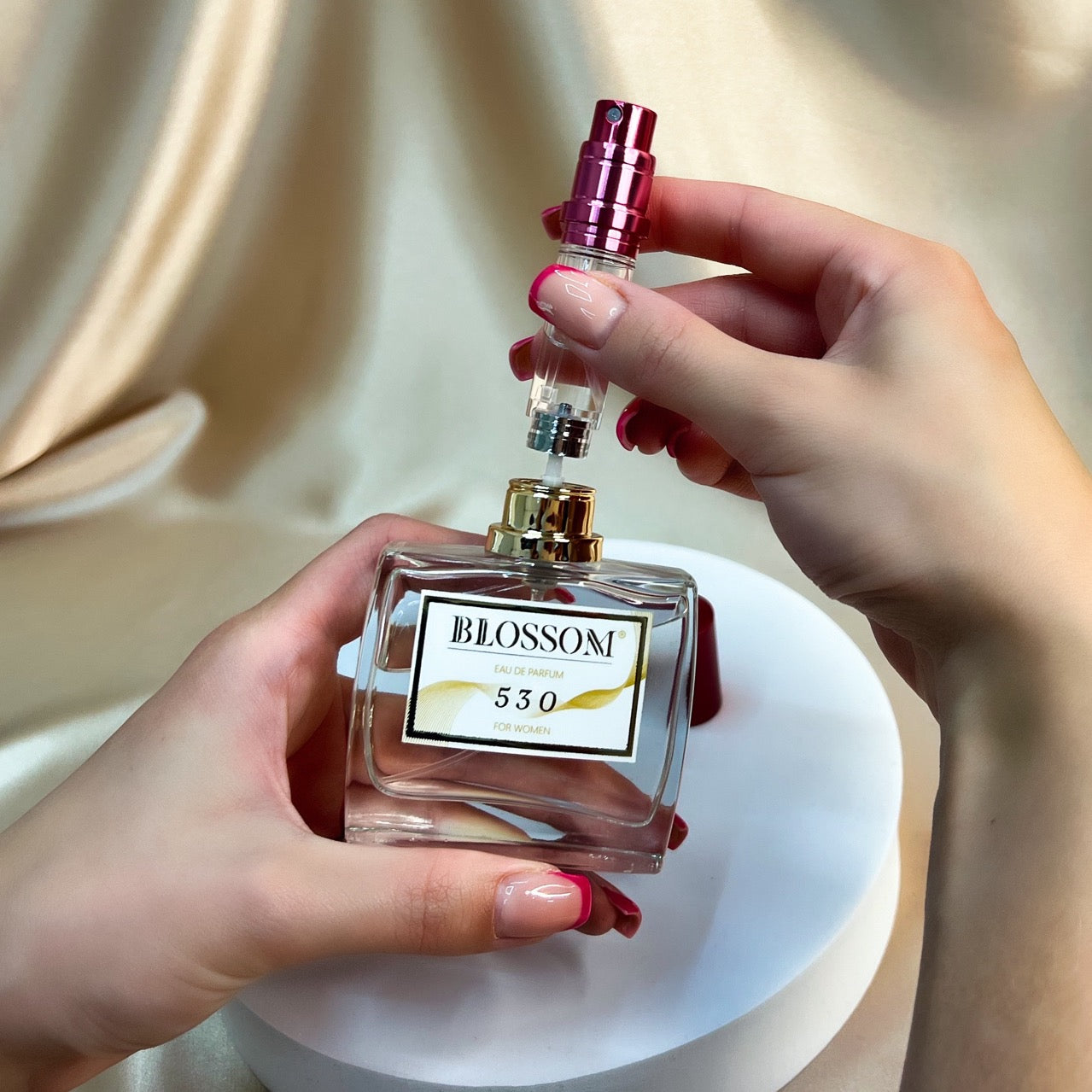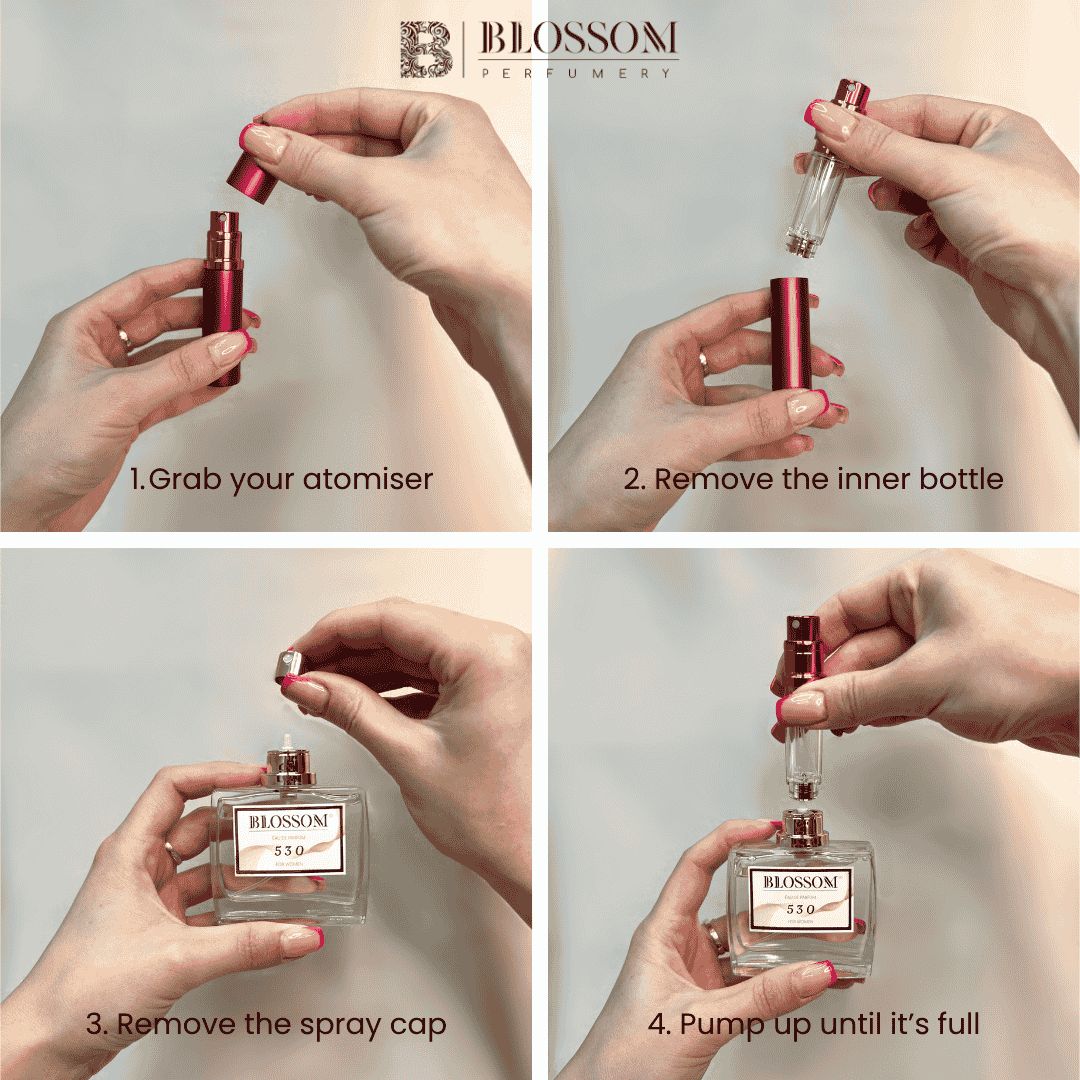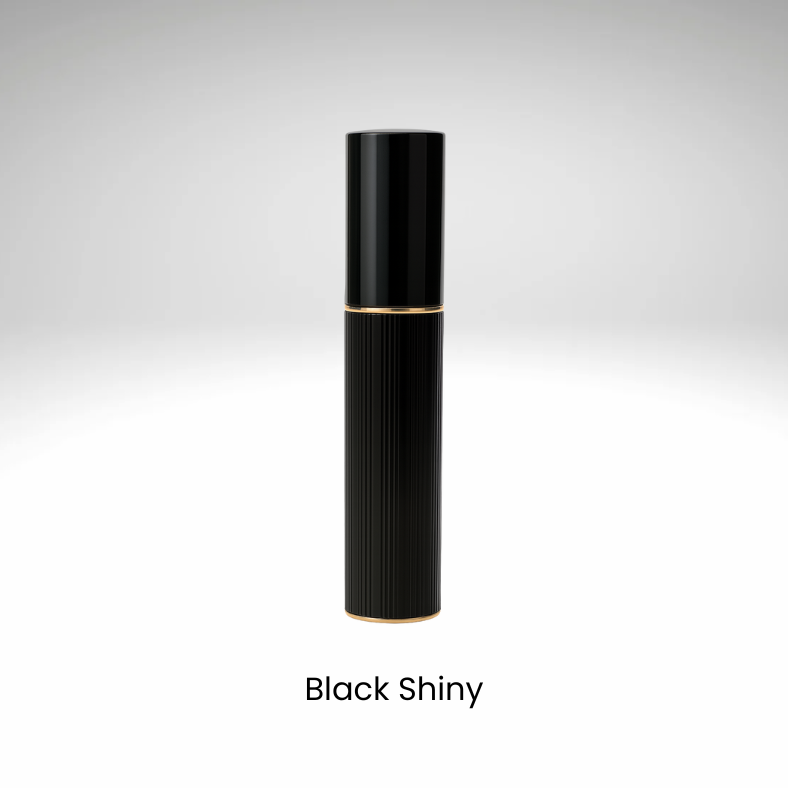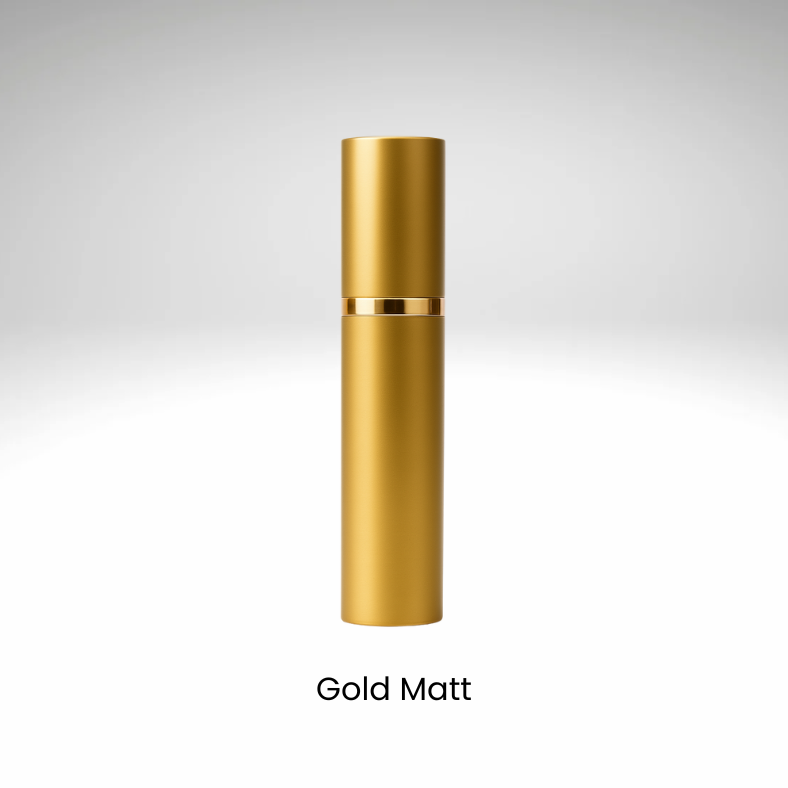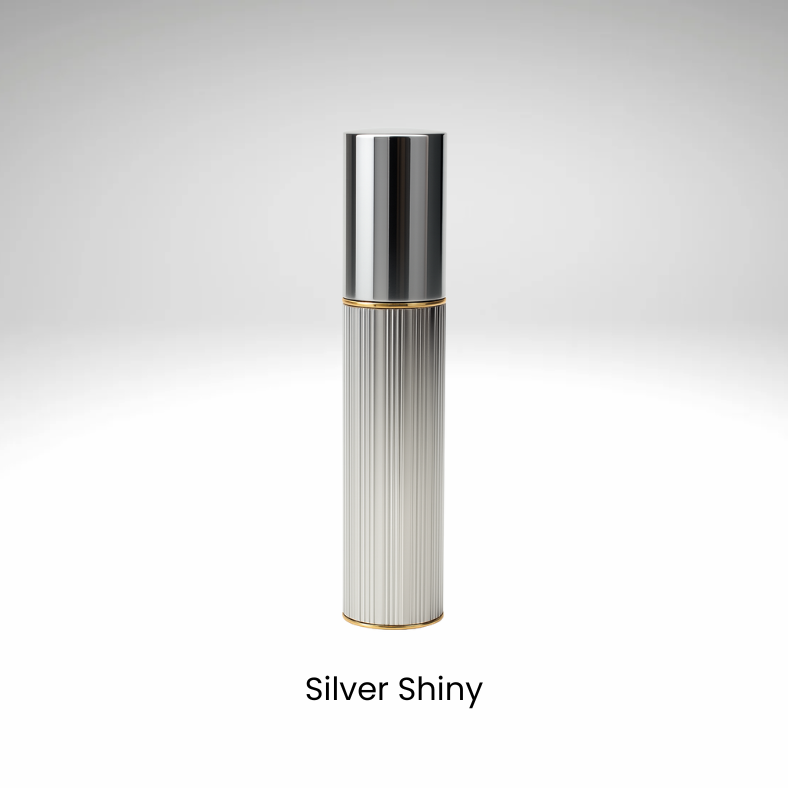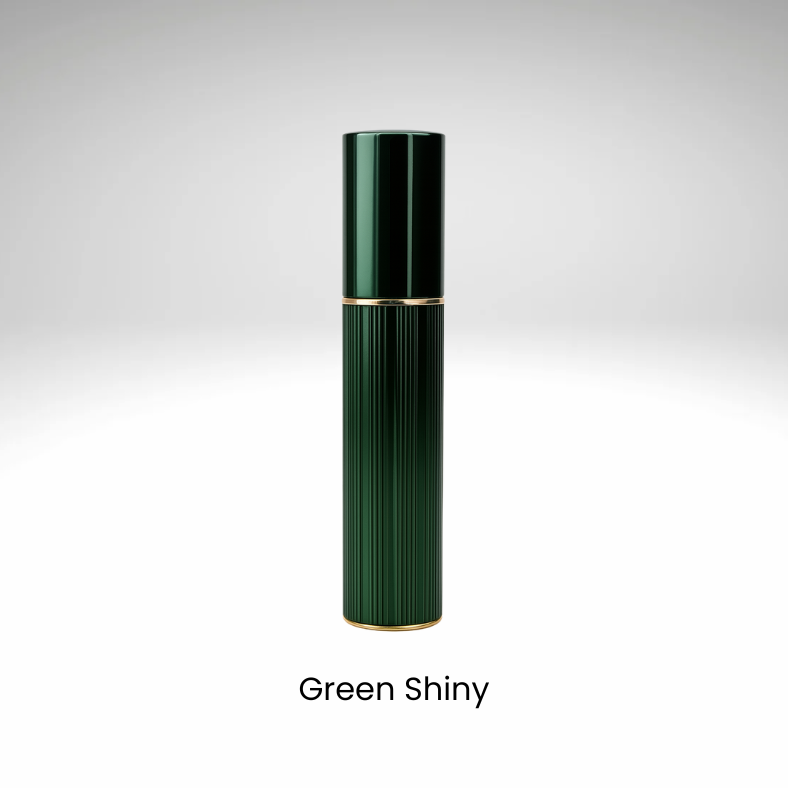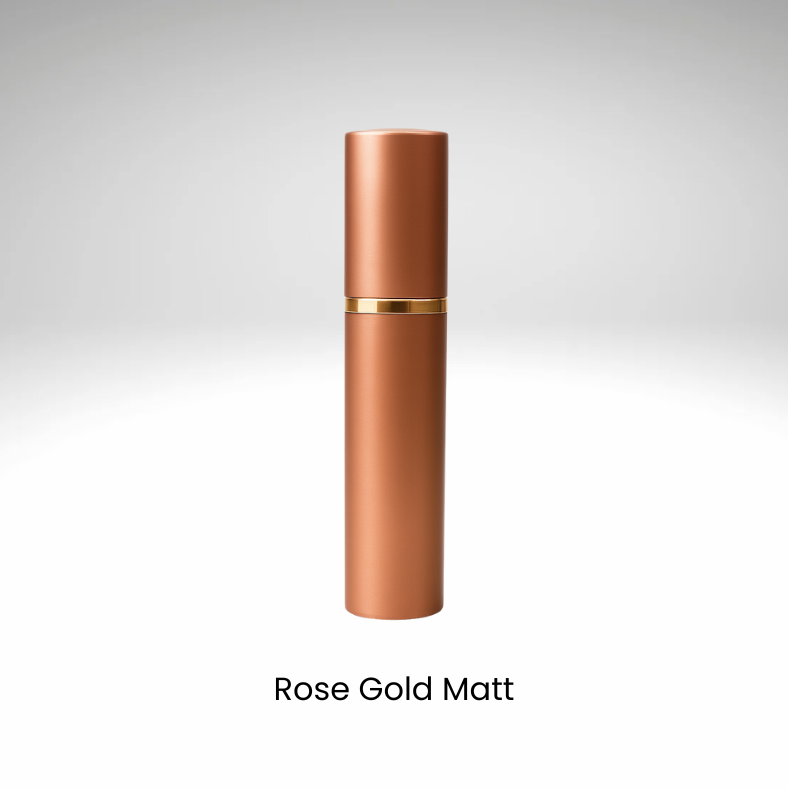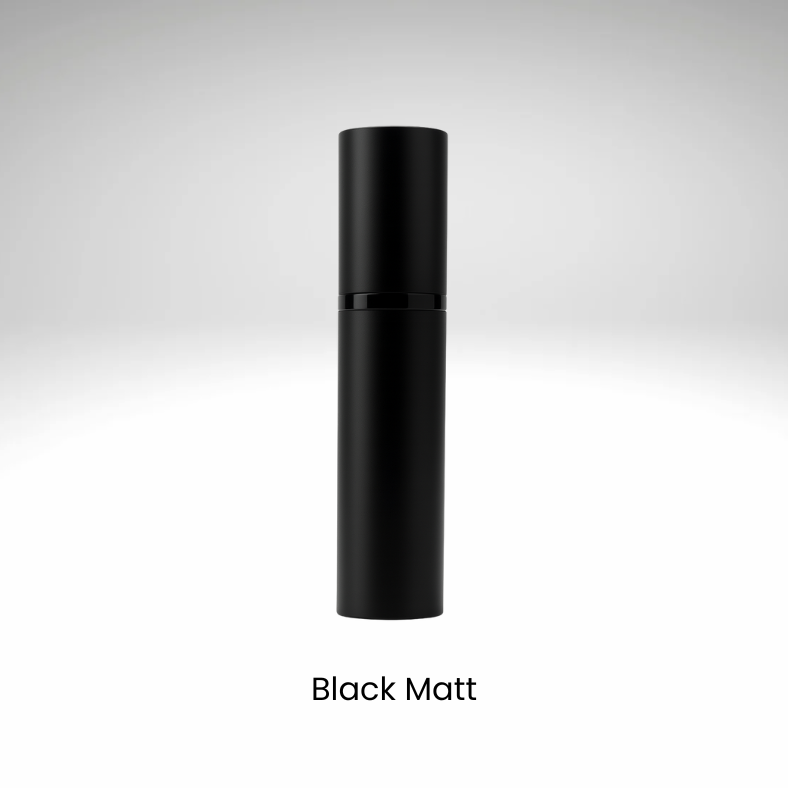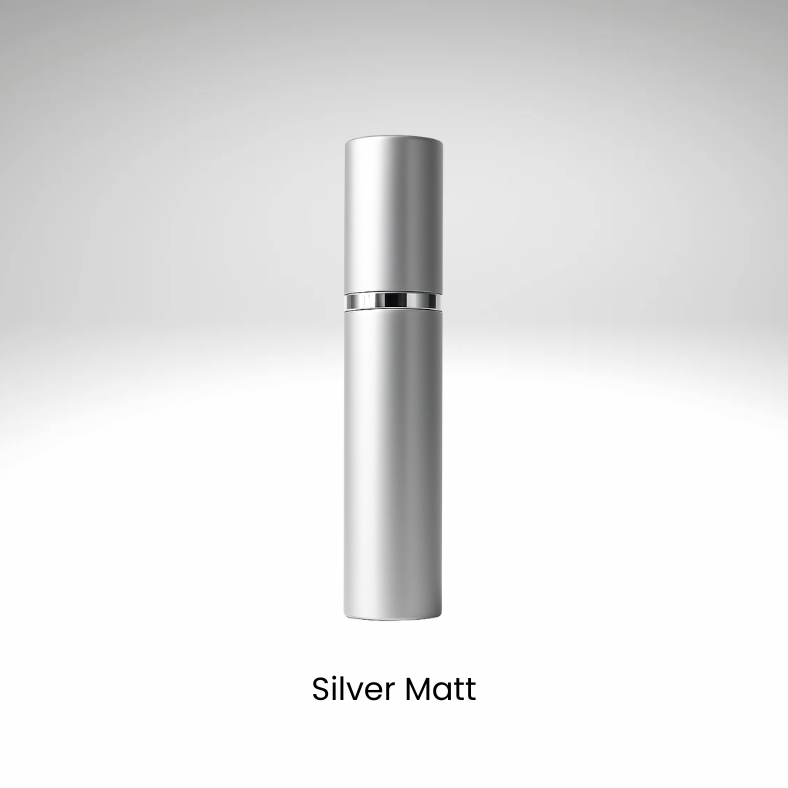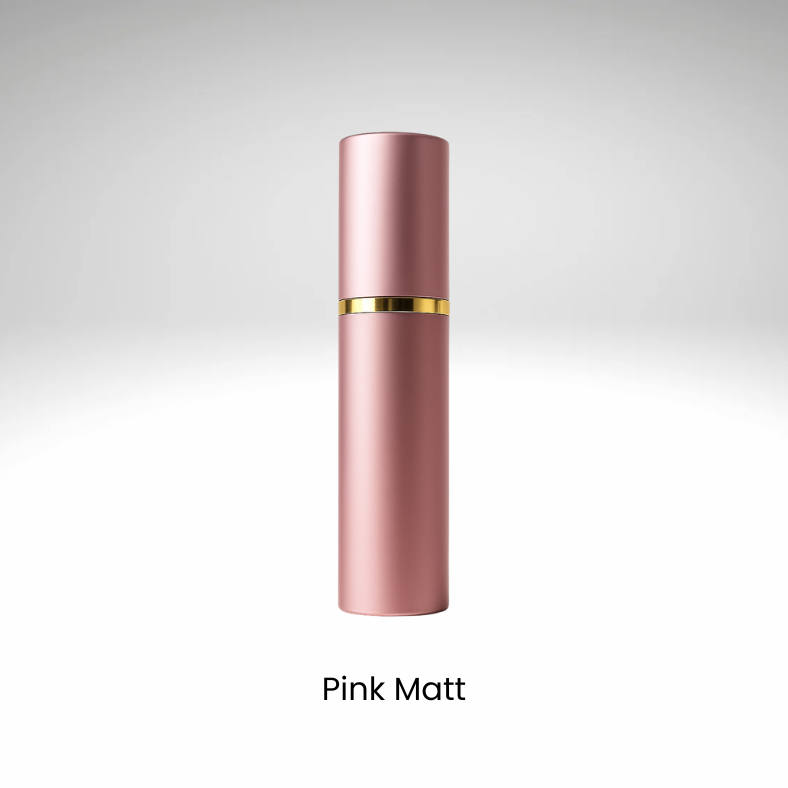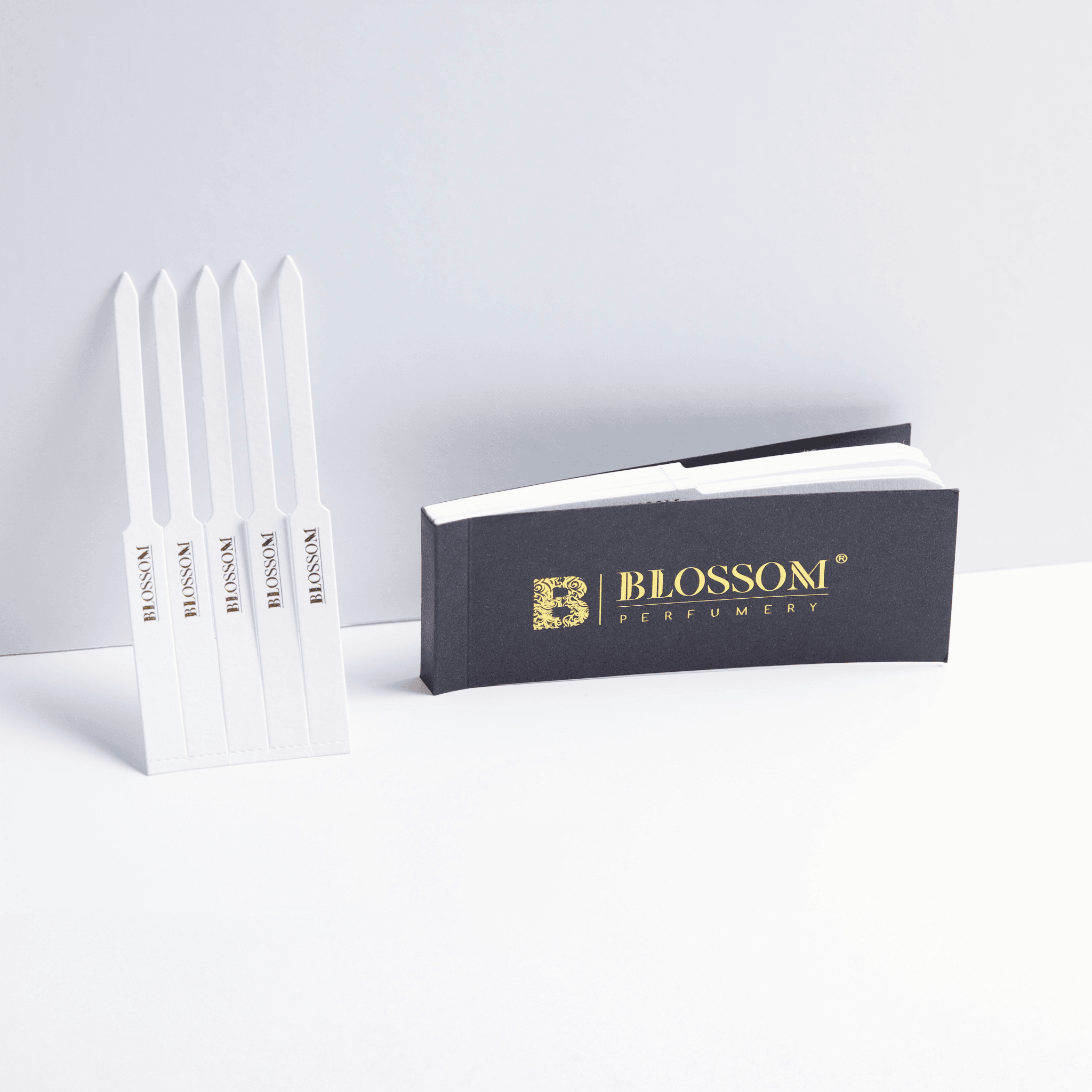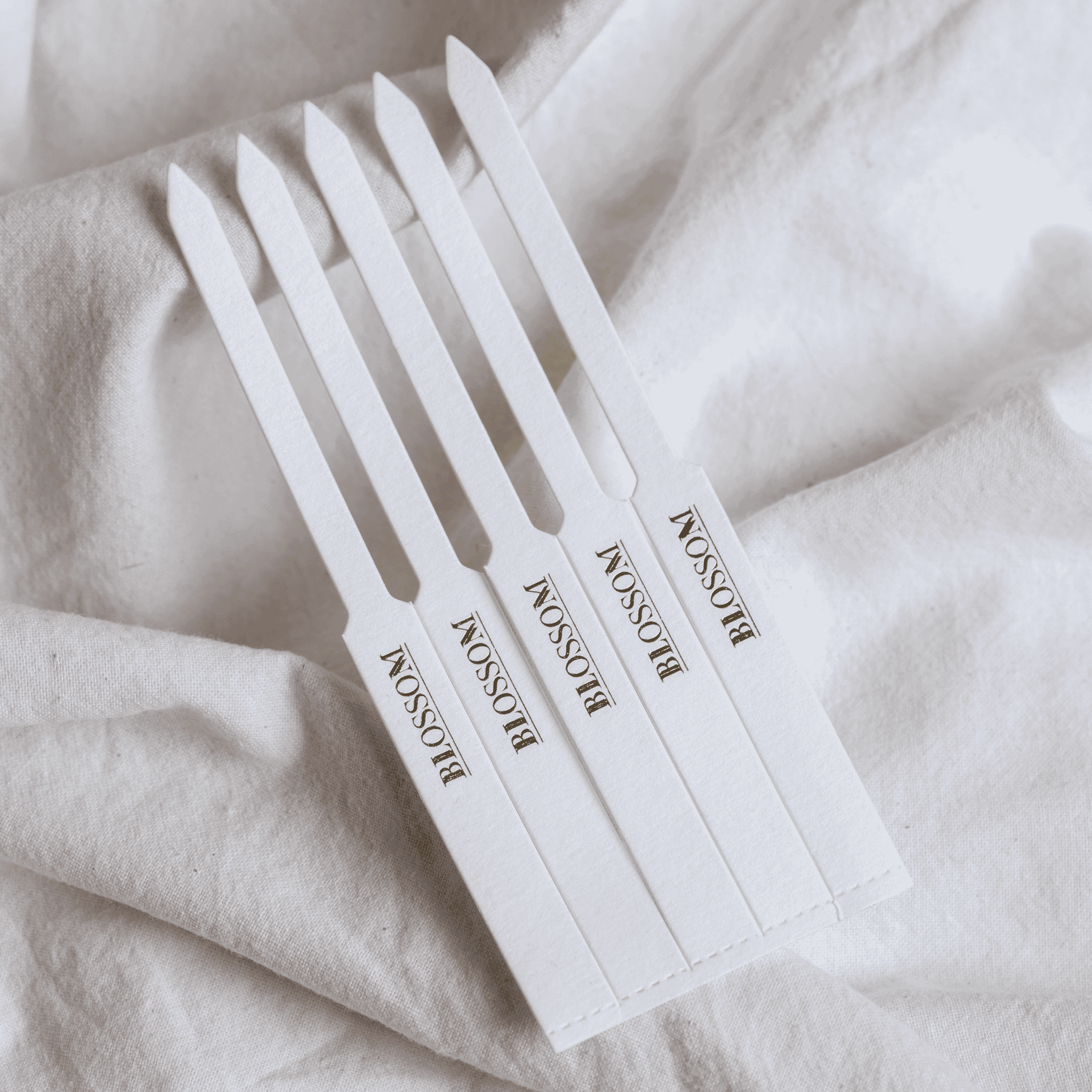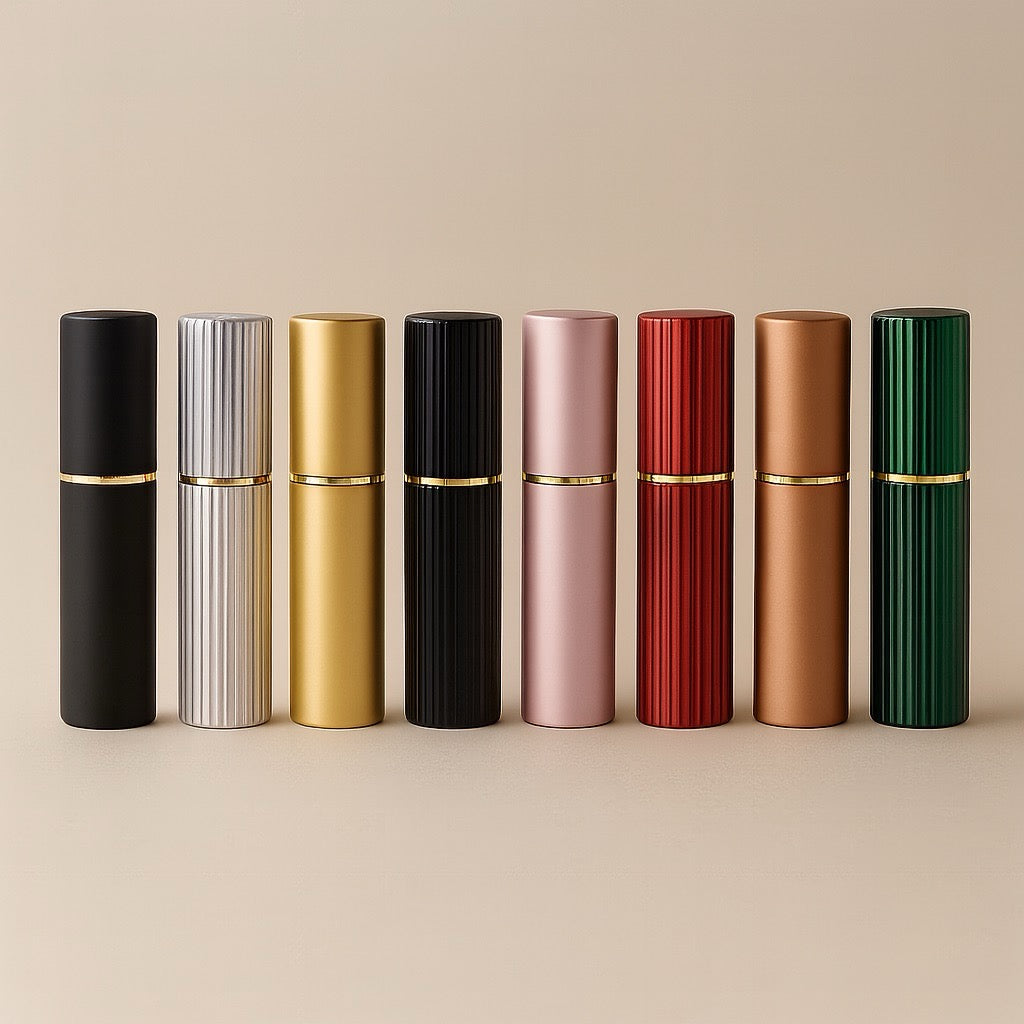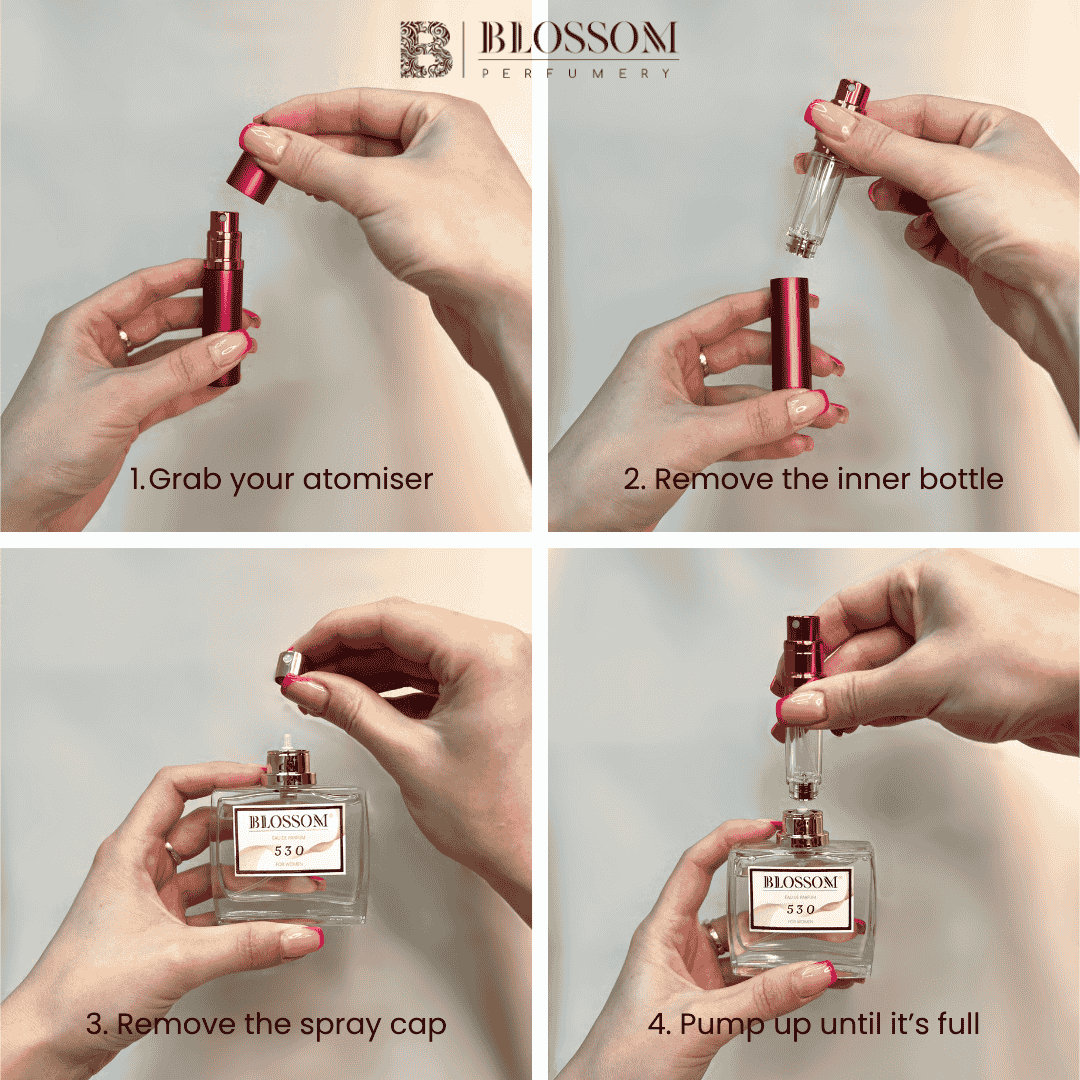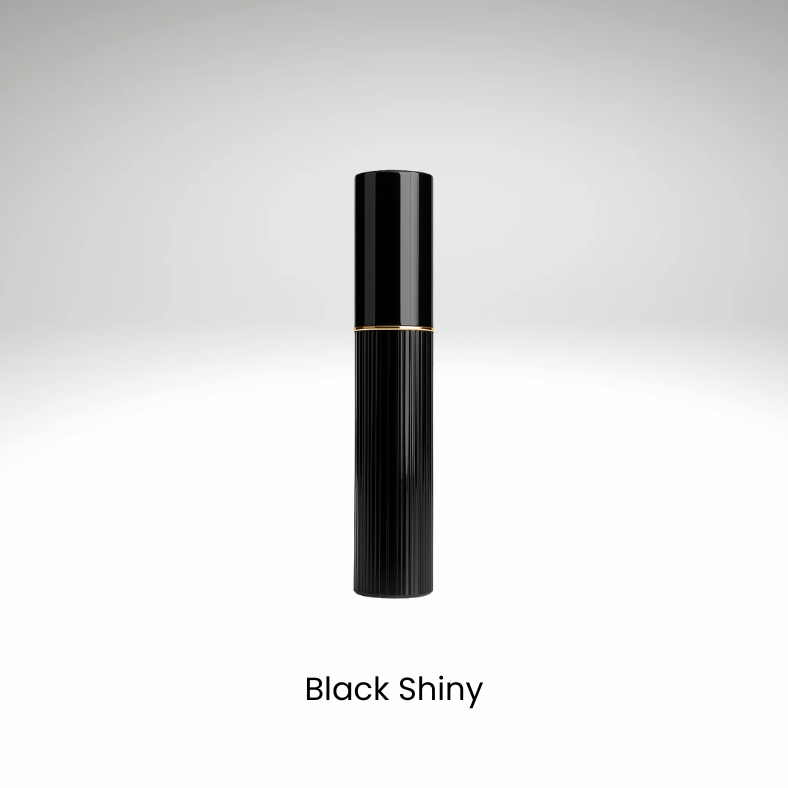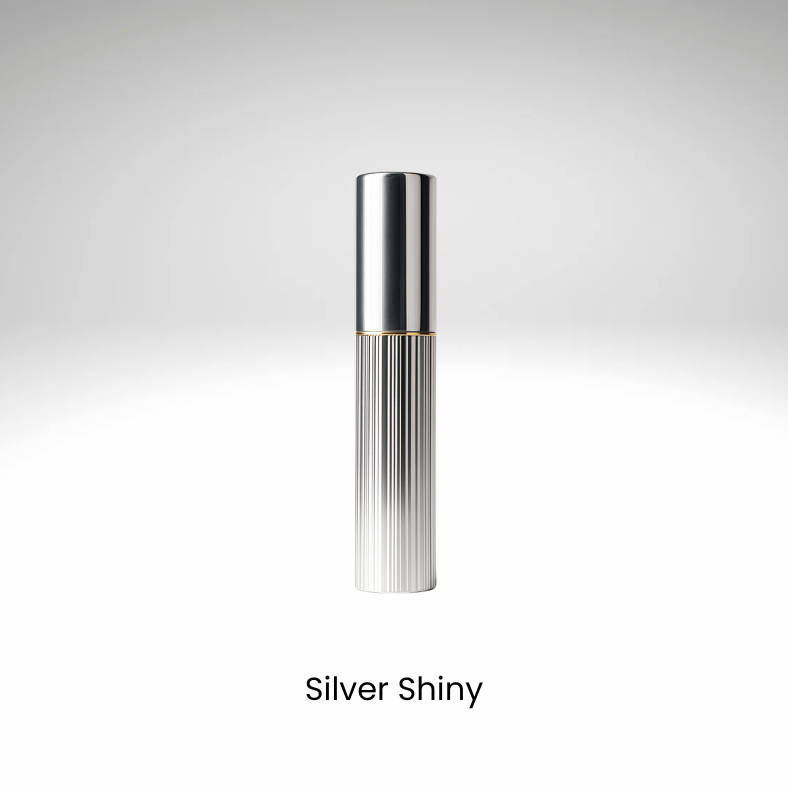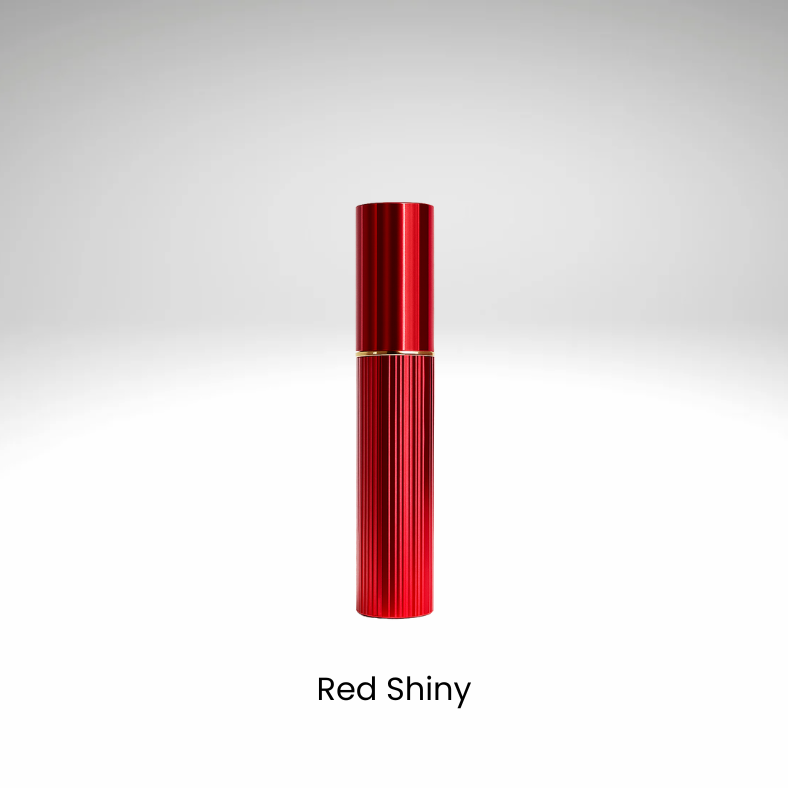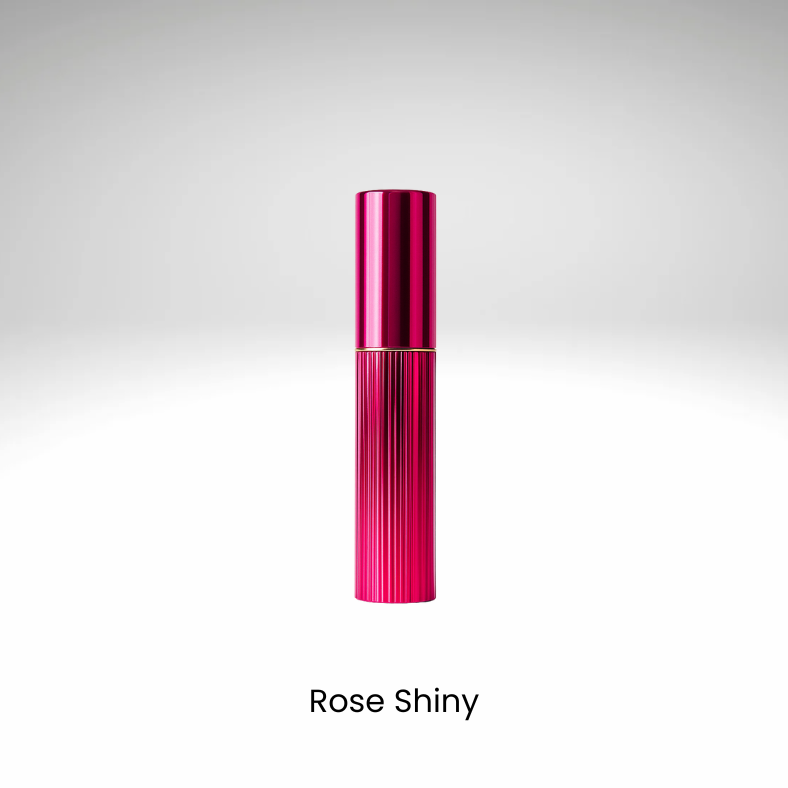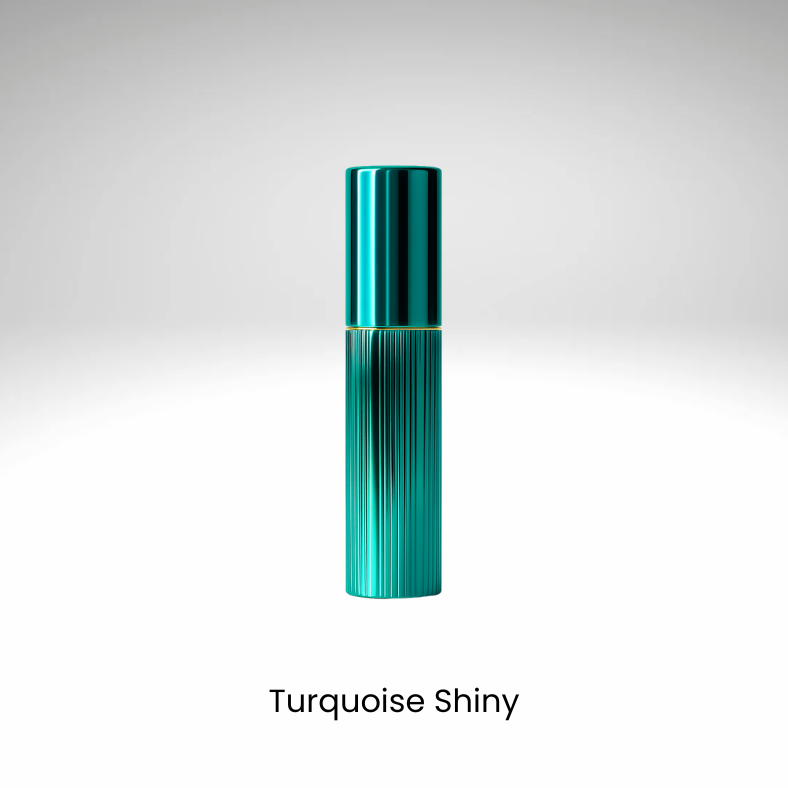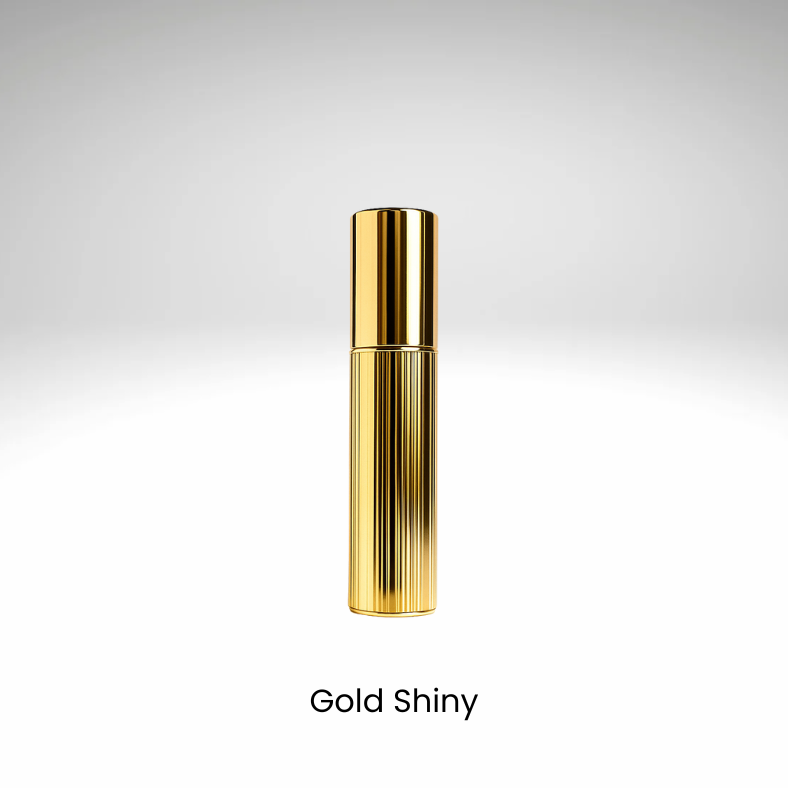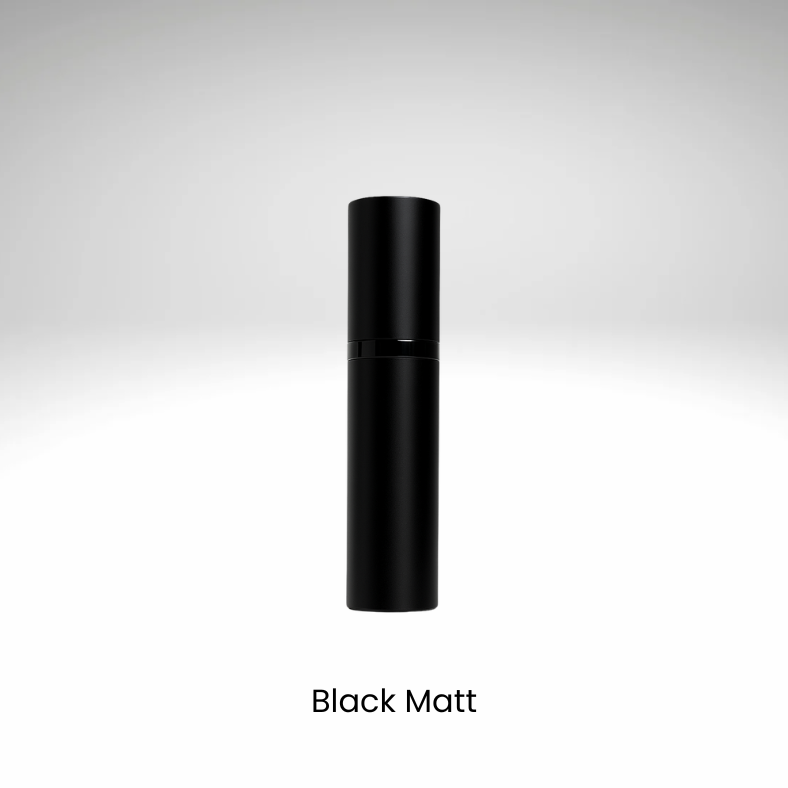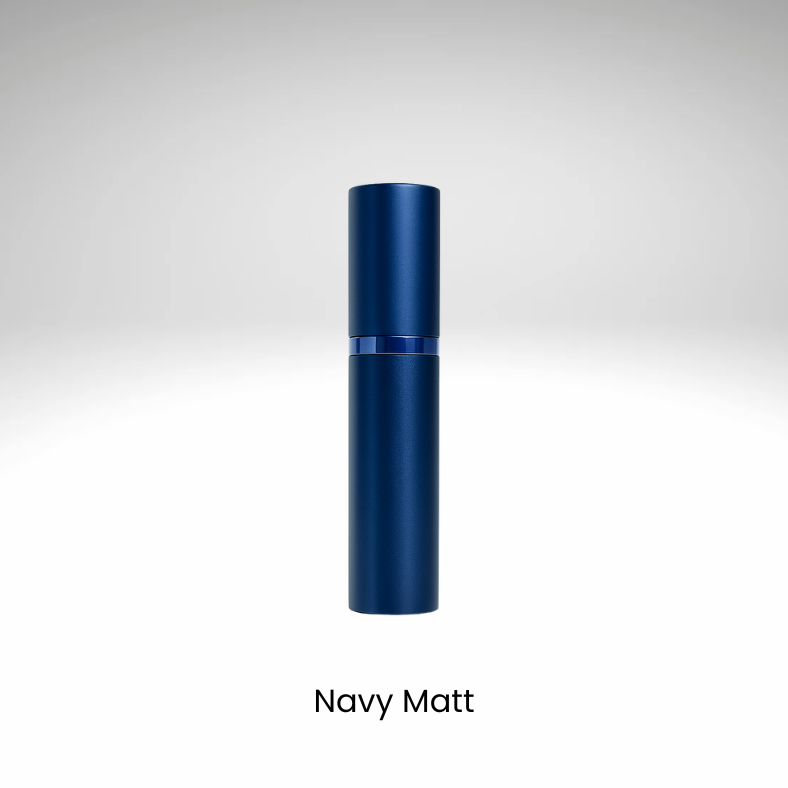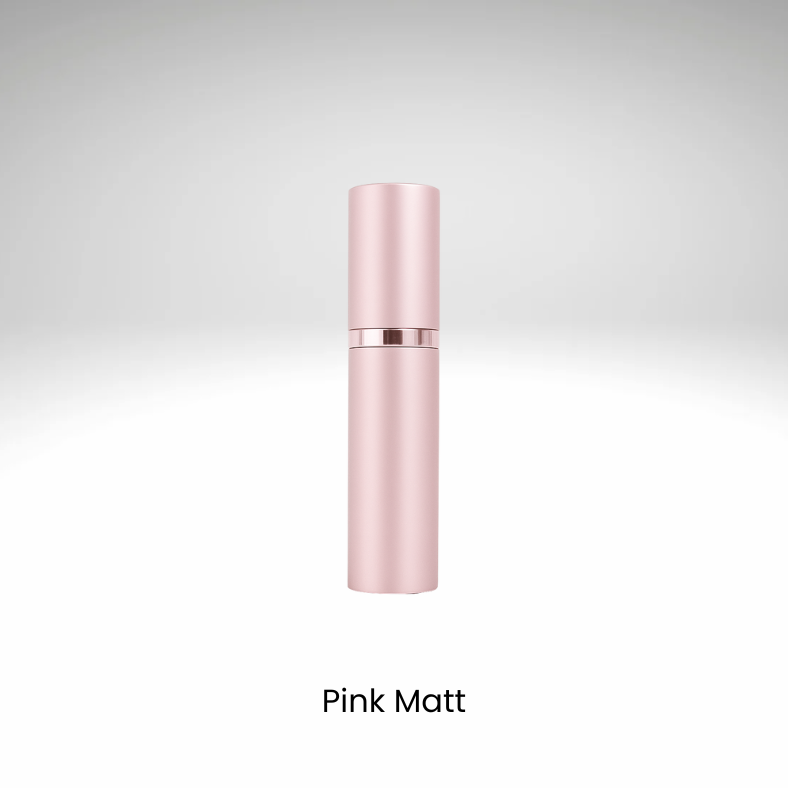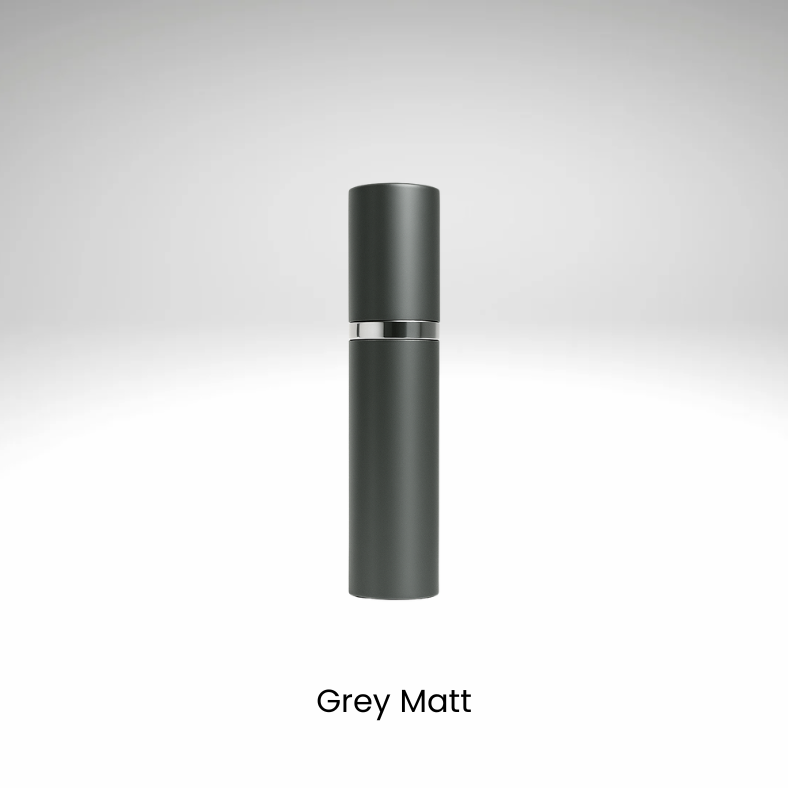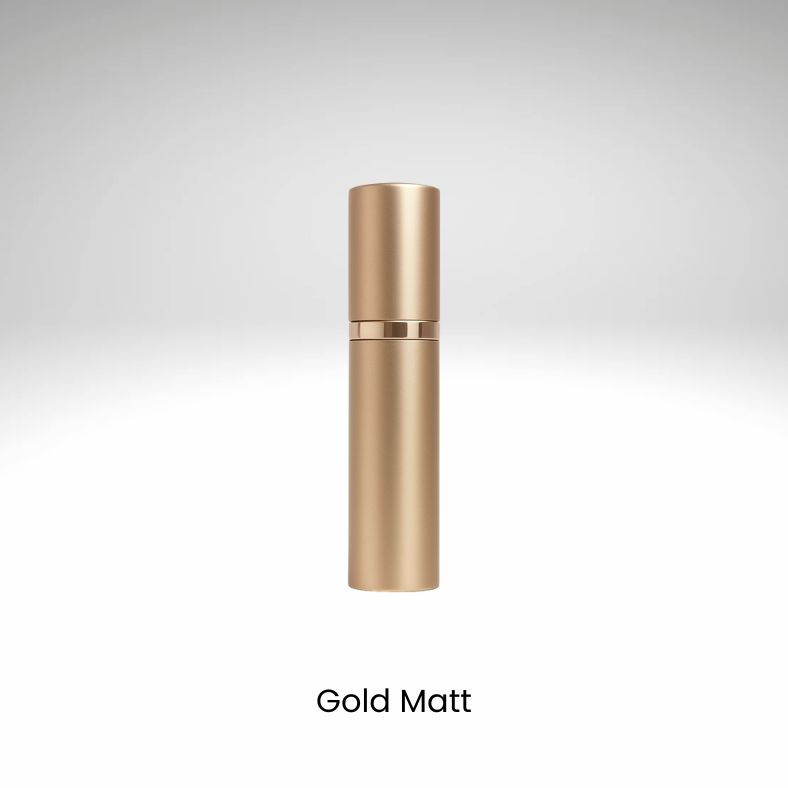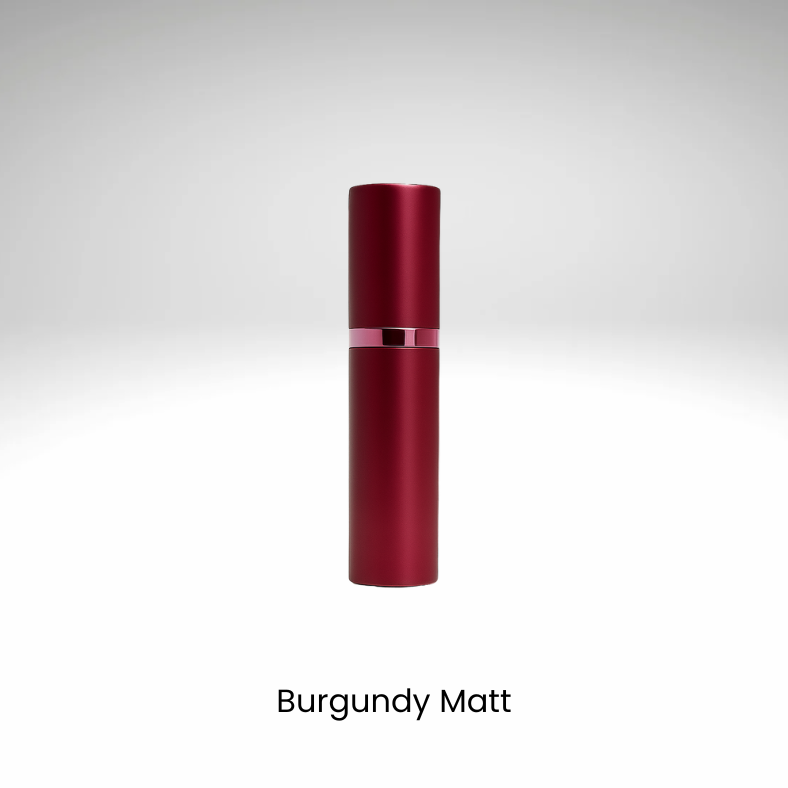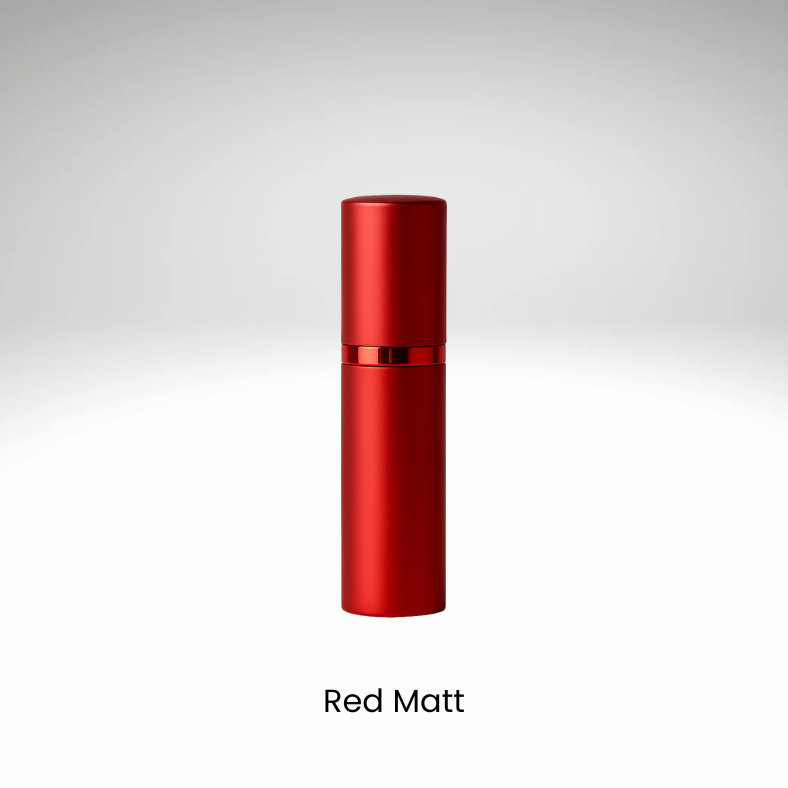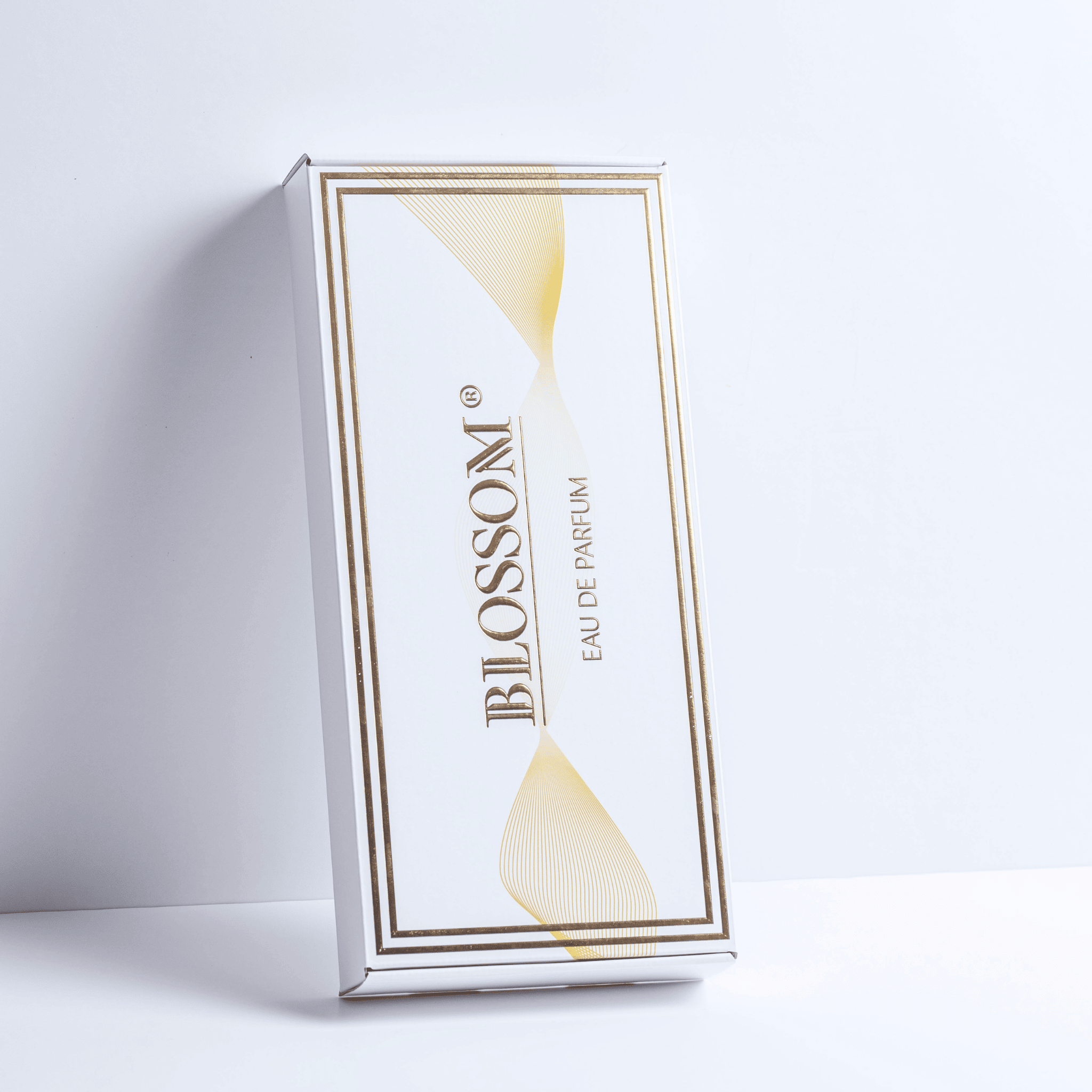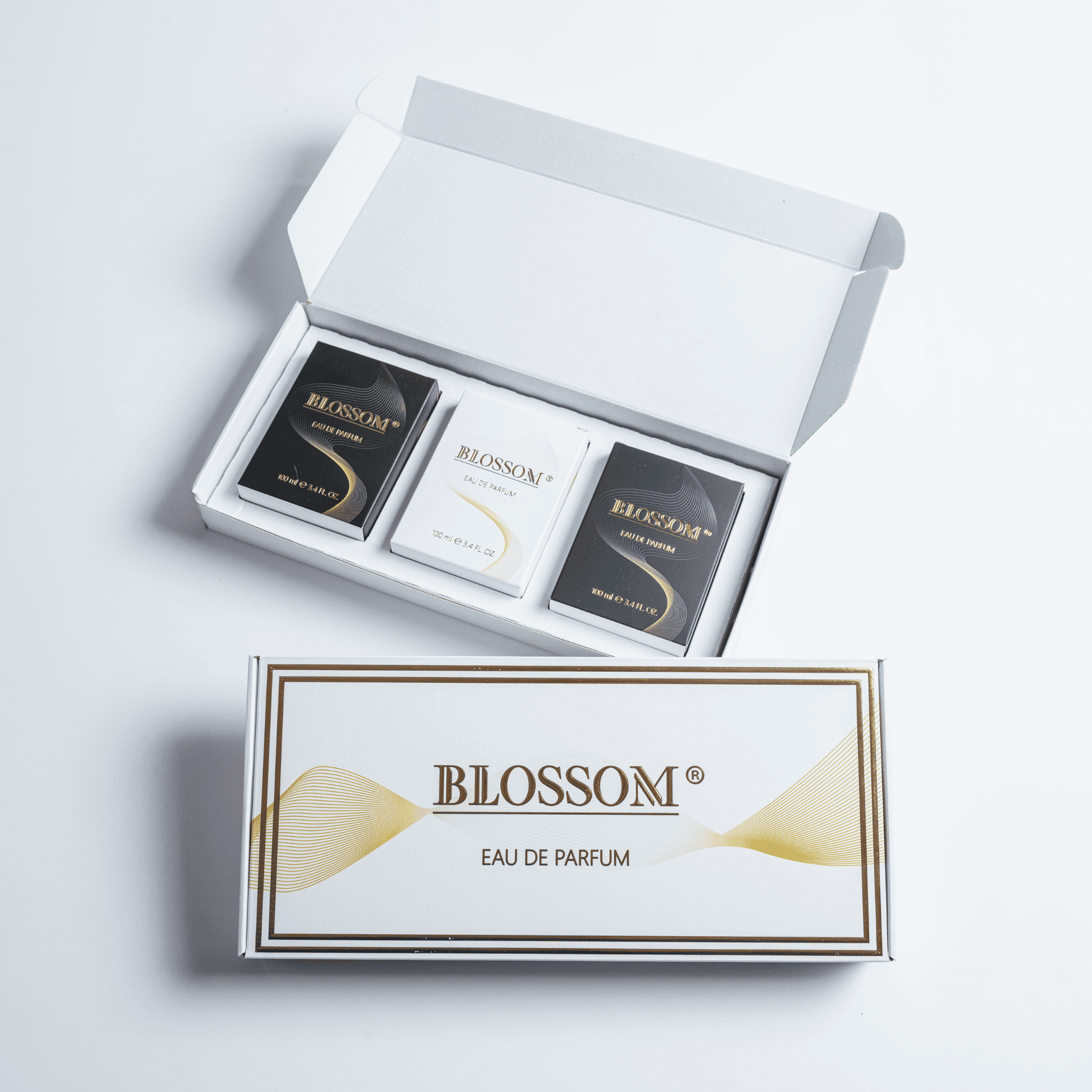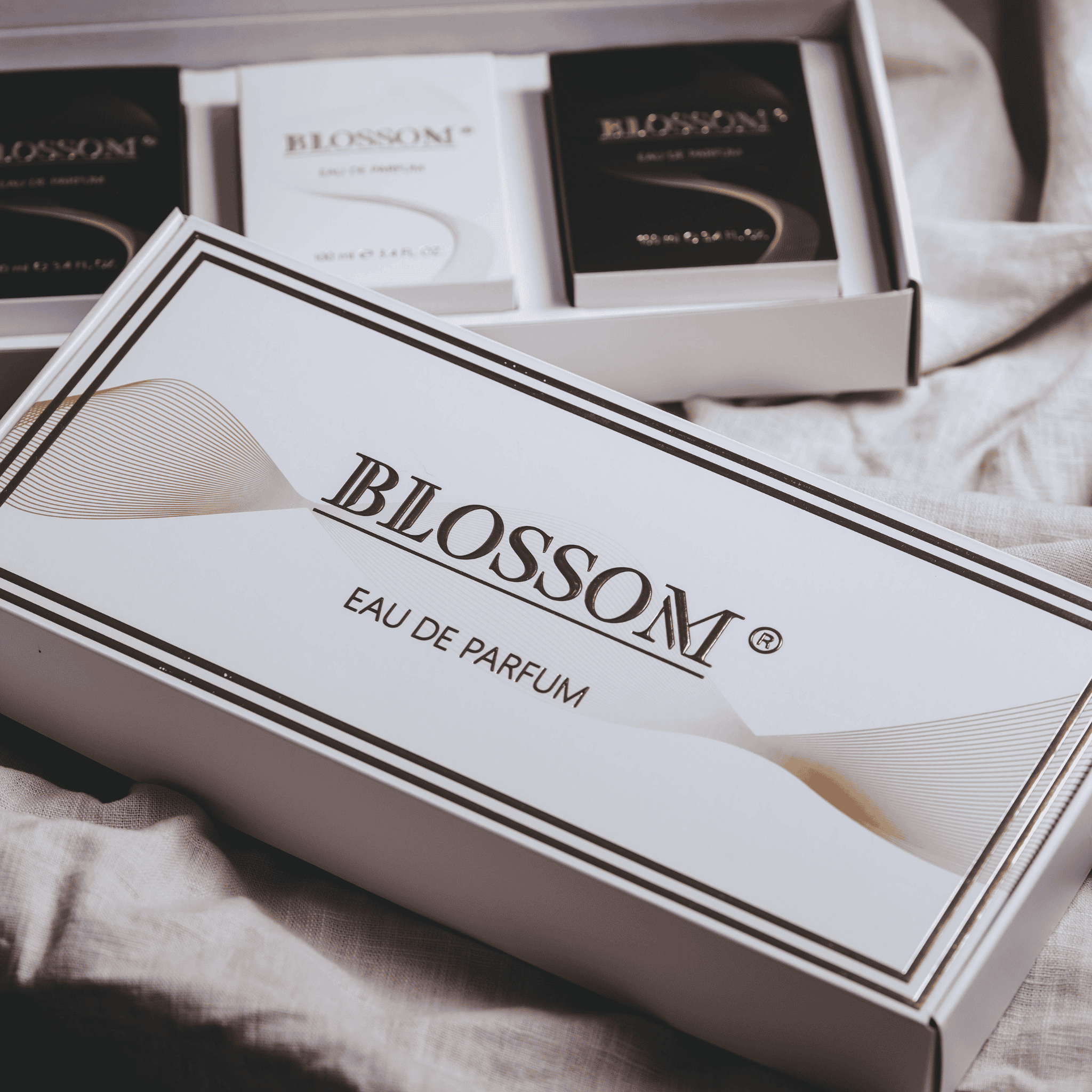You catch a whiff of something divine on a friend or a stranger passing by. It’s intoxicating, a perfect symphony of notes you must possess. You get the name, rush to buy a bottle, and spritz it on your own skin with anticipation.
And then… nothing. Or worse, something completely different. That bright, ethereal citrus your friend wore has turned sharp, almost sour, on you. The warm, velvety vanilla becomes cloying and flat. It’s a moment of pure fragrance betrayal. You’re left wondering, is it a bad batch? Did they change the formula?
The truth is, the perfume is likely fine. The variable, the final, secret ingredient in every single fragrance, is you.
What is this thing called skin chemistry?
"Skin chemistry" is a term we hear all the time, a convenient catch-all for this phenomenon. But what does it actually mean? It’s not some vague, mystical force. It's a tangible set of biological factors, and two of the most significant are your skin's pH and its natural oil content.
The pH Factor
Every person’s skin has a specific pH level, which refers to its acidity. This is part of the skin’s acid mantle, a very thin film on the surface that acts as a protective barrier. A typical skin pH hovers between 4.5 and 5.5, which is slightly acidic.
-
More acidic skin (lower pH) can sometimes cause fragrances to break down faster or react in unexpected ways. Florals might not bloom as fully, and some gourmand notes can take on a sharper edge.
-
More alkaline skin (higher pH) can also alter the profile, though the effects vary wildly.
This pH level isn't fixed; it can fluctuate with diet, the soaps you use, and even environmental factors. It’s a subtle but constant influence on the dry down of a perfume, that final, lingering phase where the base notes truly come alive.
Oil Versus Dryness
This is perhaps the most critical player. How much natural oil, or sebum, your skin produces dramatically affects both the scent and its longevity.
Oily skin often acts as a natural fixative. The lipids in your skin can hold onto fragrance molecules, particularly the heavier base notes like woods, musks, and resins. This means perfumes tend to project more and last significantly longer. The scent can feel richer, deeper, and more potent because it’s mingling with those natural oils. It's a double-edged sword, of course; sometimes, this richness can overwhelm more delicate accords.
On the other hand, dry skin lacks these natural lipids to anchor the scent. Perfume evaporates much more quickly. Lighter top notes—the citruses, the fresh greens—disappear in a flash. The entire olfactory pyramid can feel compressed, and the scent may seem faint or muted. This is why a rich, unscented moisturizer is often your best friend before applying a fragrance; you’re essentially giving the perfume something to cling to.
Does your lifestyle rewrite the scent?
Beyond the fixed canvas of your skin type, your daily life continuously adds new layers of paint. What you eat, your stress levels, and even medications can subtly seep through your pores and alter your personal scent profile.
Have you ever noticed a favorite woody fragrance smelling a bit different the day after a particularly spicy meal? It’s not your imagination. Compounds from foods like garlic, onions, and strong spices can be excreted through the skin. It’s a minor effect, for sure, but it’s there. It’s a fascinating wrinkle in the fabric of personal scent.
Hormonal fluctuations are another huge factor. Your scent can change throughout the month or during different life stages. A perfume you adored a year ago might suddenly not work, and one you previously dismissed could become your new signature. It’s a constant, gentle dance between your body and the bottle.
How does heat change the narrative?
Your body temperature is the catalyst. It’s the heat that makes the perfume bloom. This is why we’re always told to apply fragrance to our pulse points—the wrists, the neck, behind the knees. These areas are warmer because the blood vessels are closer to the skin, and this warmth helps to diffuse the scent molecules into the air, creating that beautiful trail, the sillage.
A person with a naturally higher body temperature will find that perfumes project more powerfully. Top and middle notes will announce themselves more quickly and vibrantly. Someone with cooler skin might find the same scent to be more of an intimate, close-wearing experience. The fragrance unfolds more slowly, a quiet secret rather than a grand statement.
Think of it like steeping tea. The same tea leaves will release a very different flavor profile in hot water versus lukewarm water. Your body temperature is the water, constantly influencing the infusion.
Finding the right perfume a bit tricky? Discover your perfect match with us.
How can you find your perfect match?
Understanding all this doesn't have to be discouraging. In fact, it's liberating. It means that when you find a perfume that truly works on your skin, it's uniquely yours. It’s a collaboration.
The key is patience and experimentation.
-
Always test on your skin, never just on a paper strip. A blotter tells you what the perfumer created; your skin tells you what you and the perfumer created together.
-
Live with a sample for a full day. Don’t make a decision based on the initial spray. Let it go through its full journey—the bright opening, the developing heart, and the final, intimate dry down. See how it speaks after a few hours. Does it fade into beauty, or does it become a stranger?
Embrace the journey. The fact that a single bottle of perfume can tell a thousand different stories on a thousand different people is not a flaw; it is the very magic of the art form. Your skin doesn't betray the perfume; it completes it. It ensures that your signature scent is, and always will be, your own.

